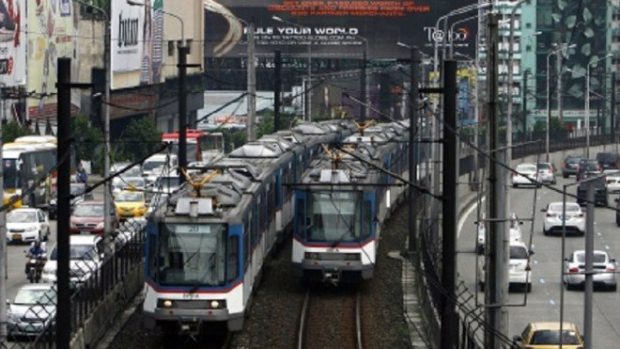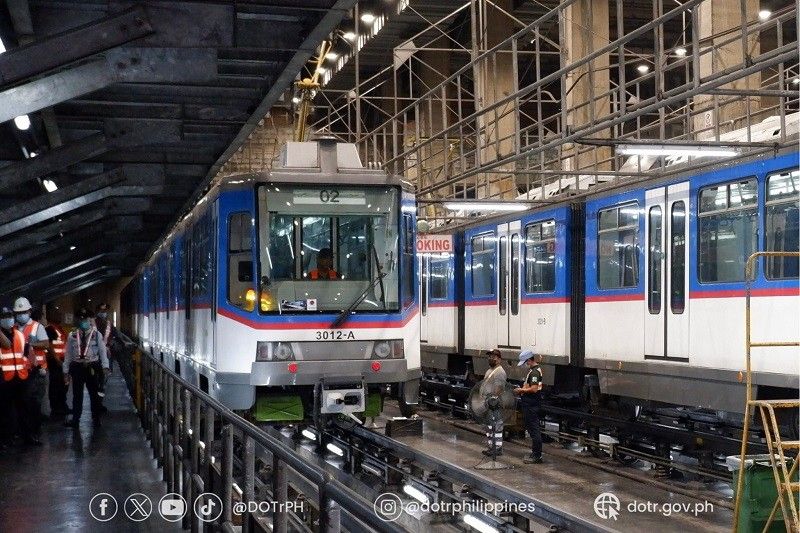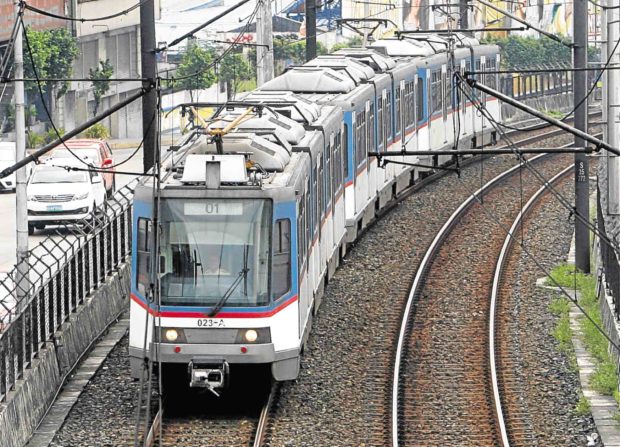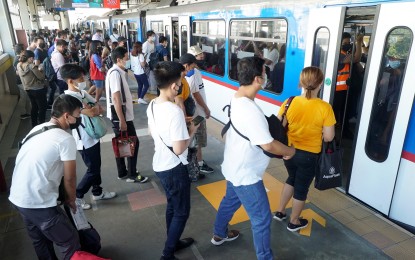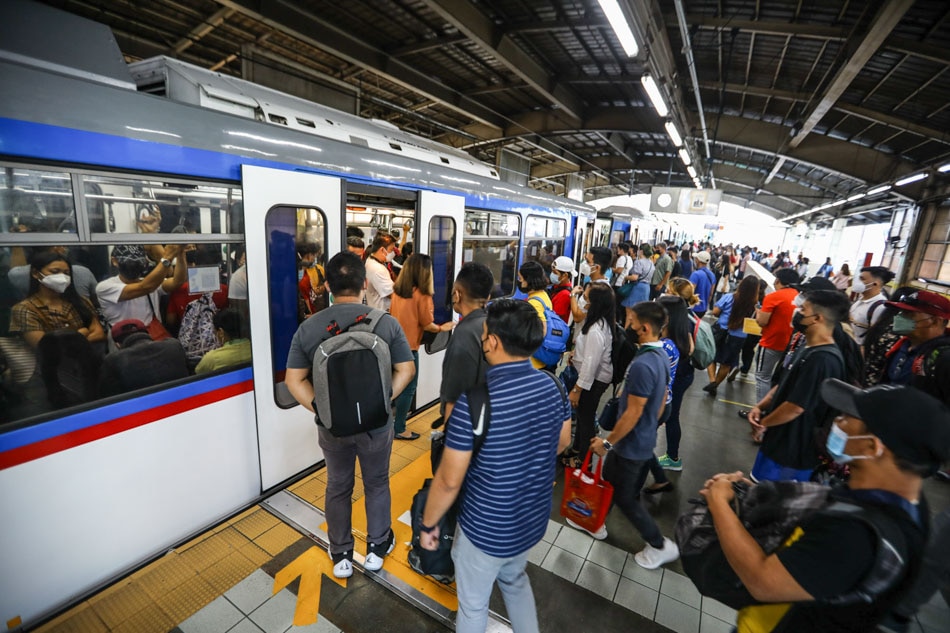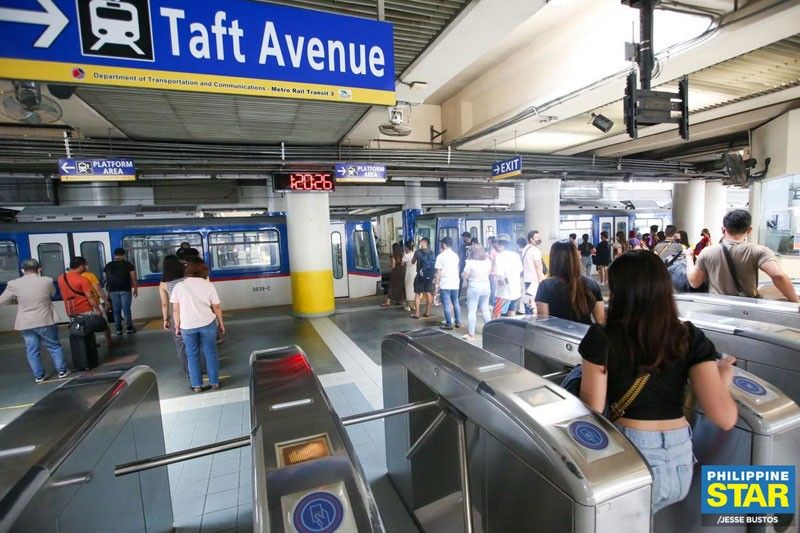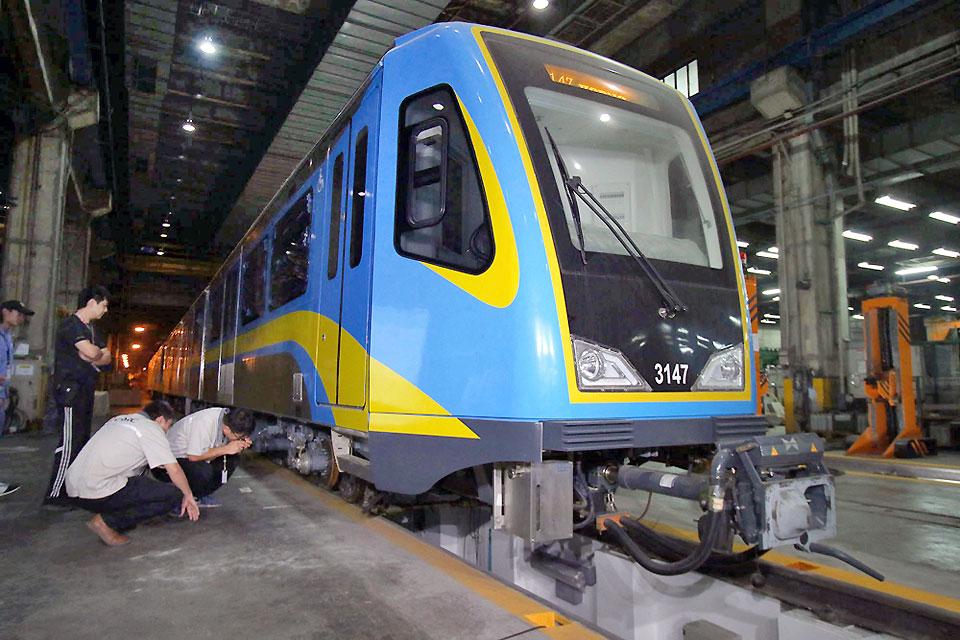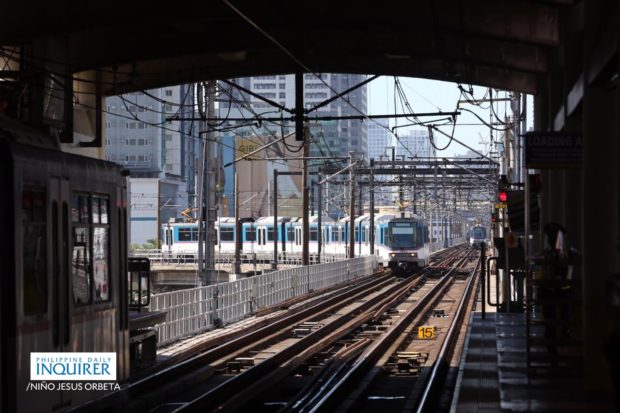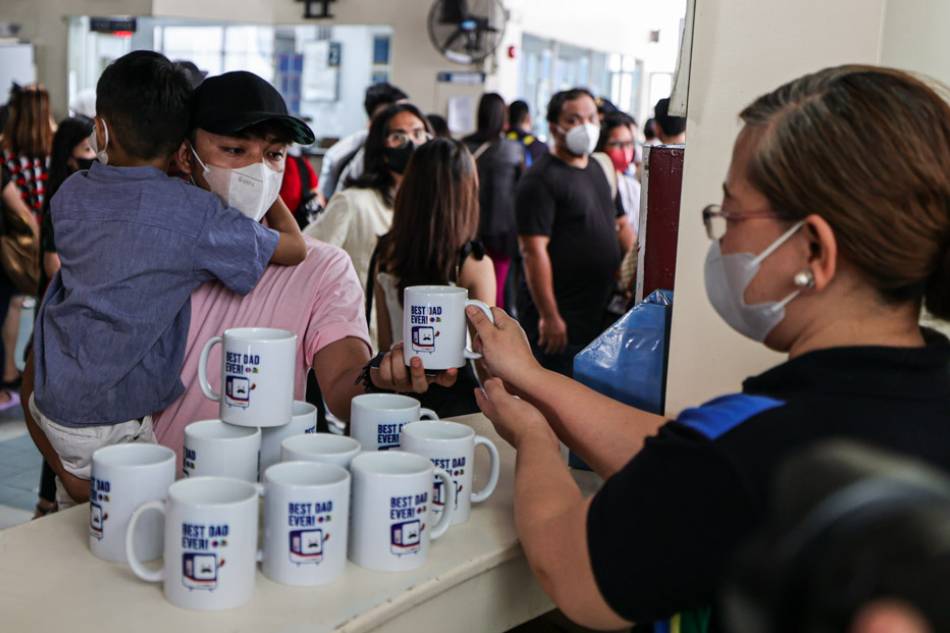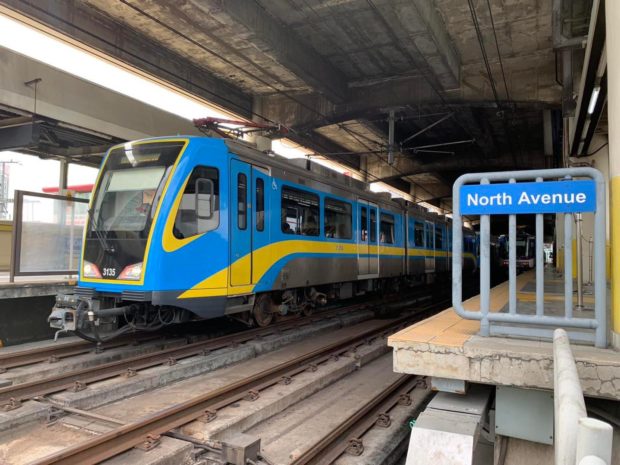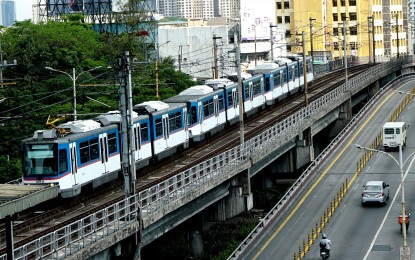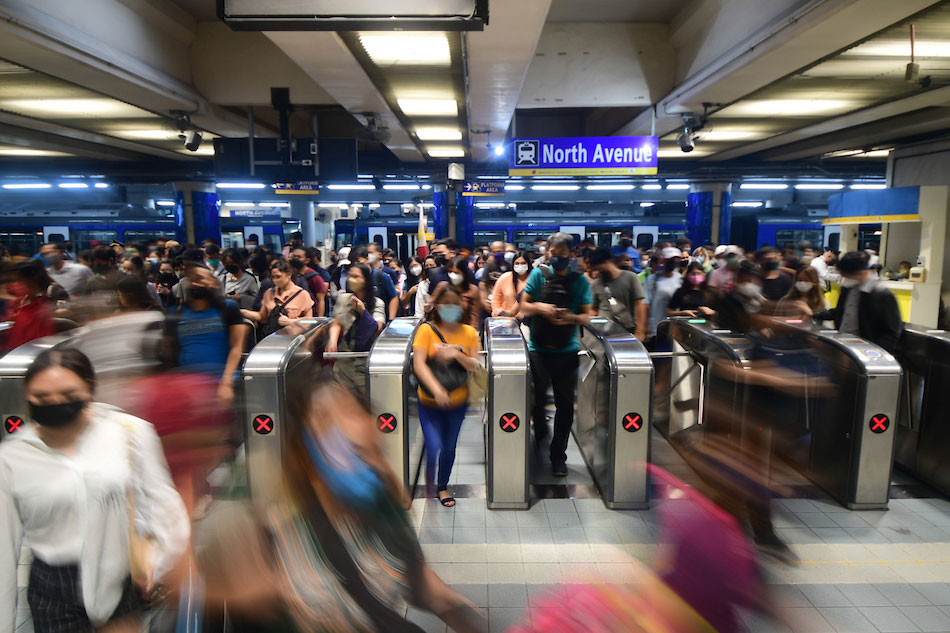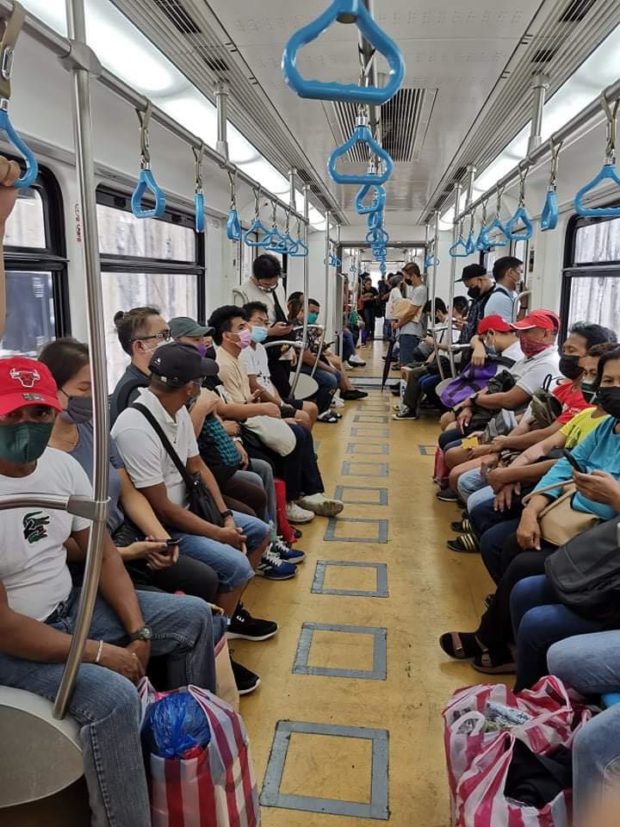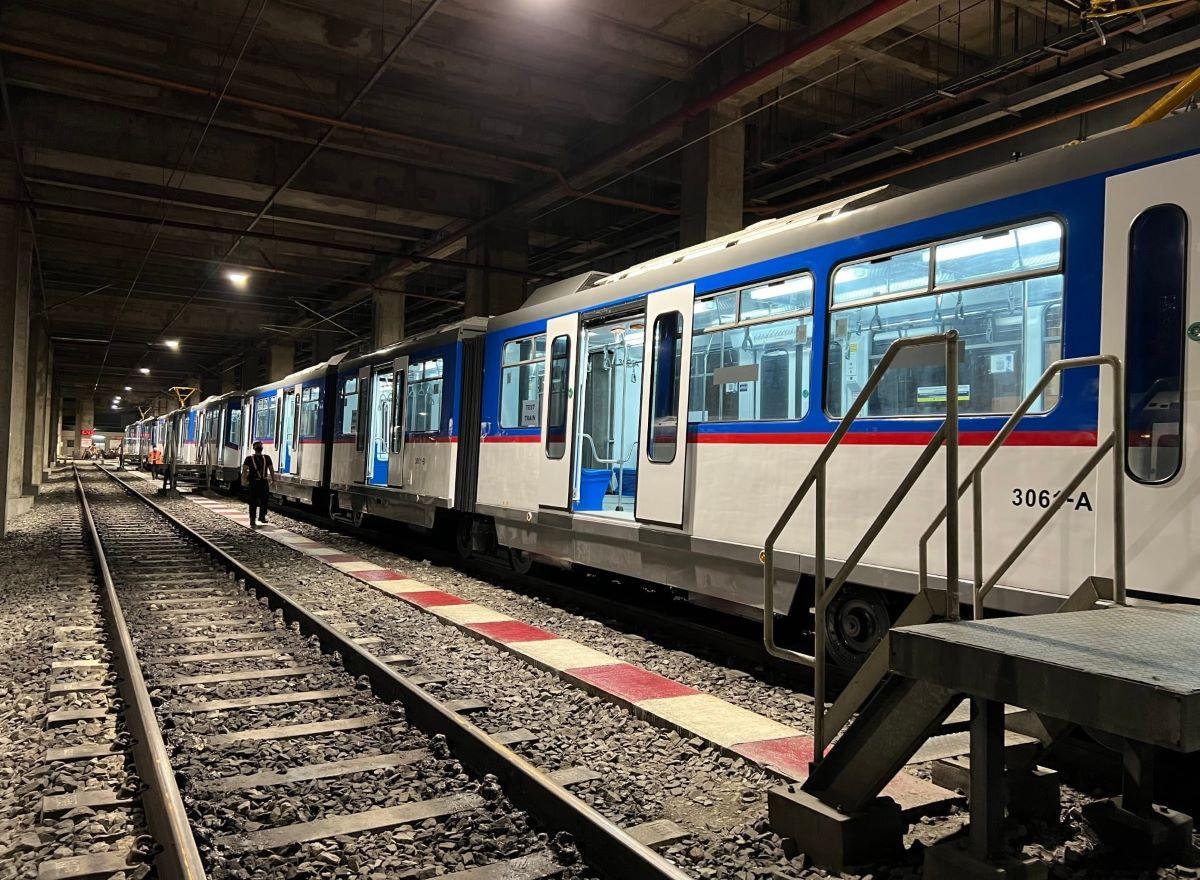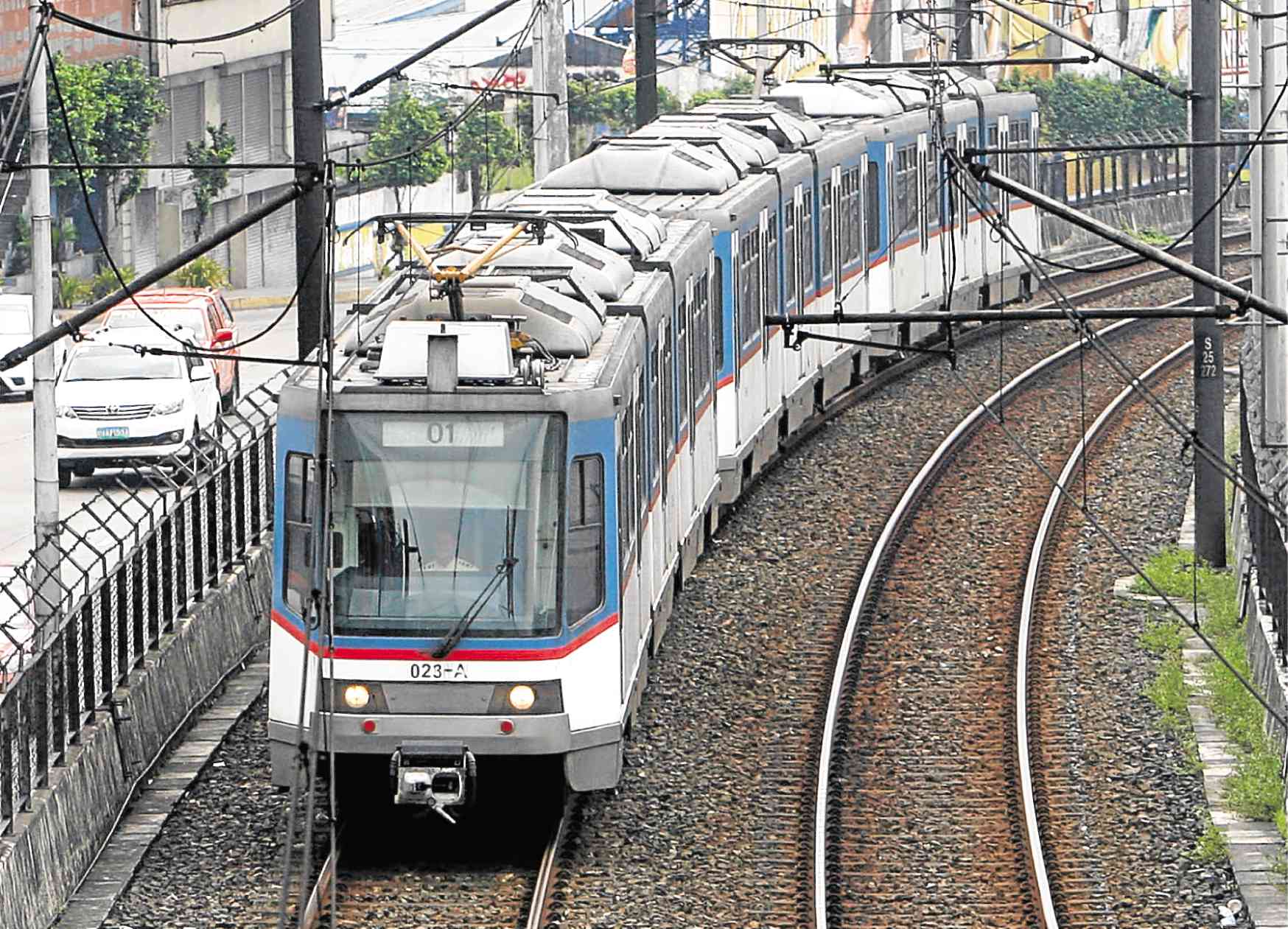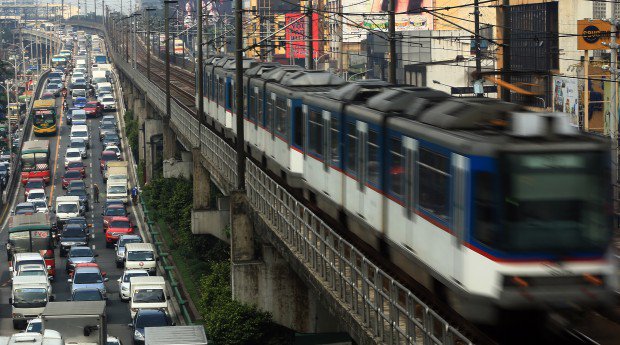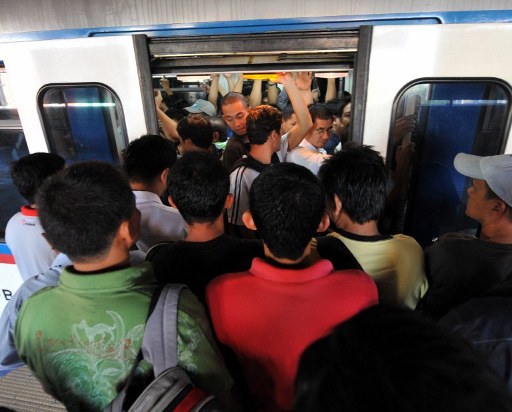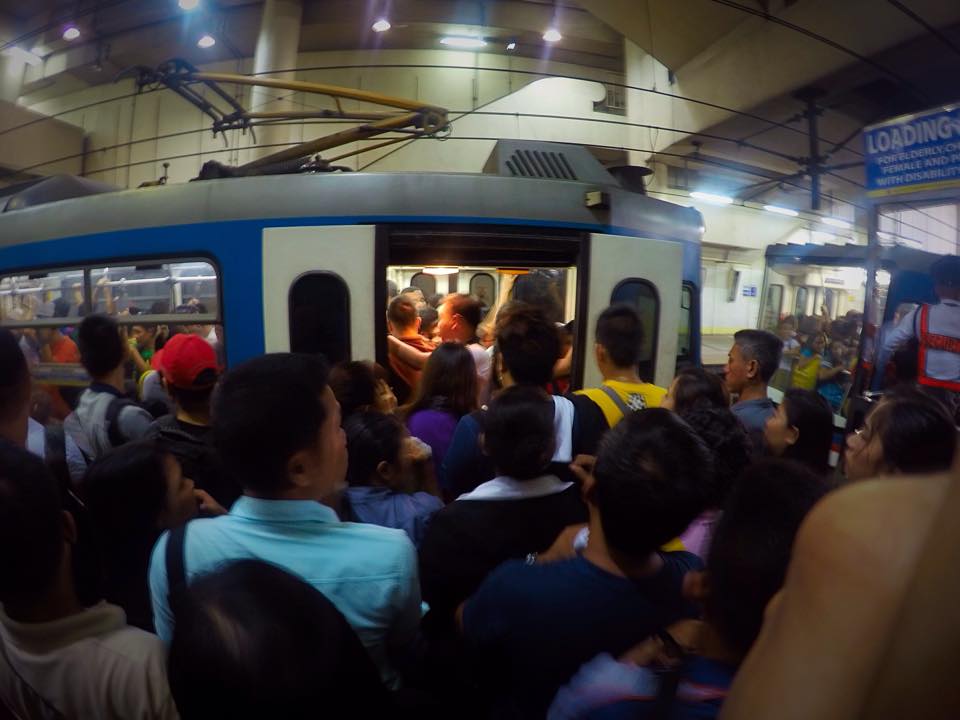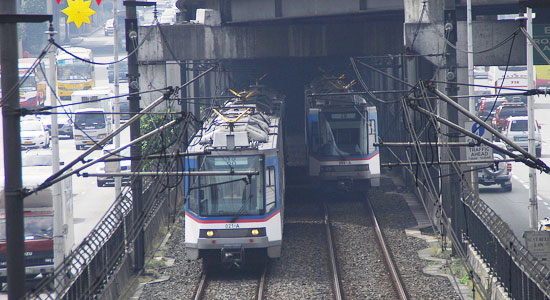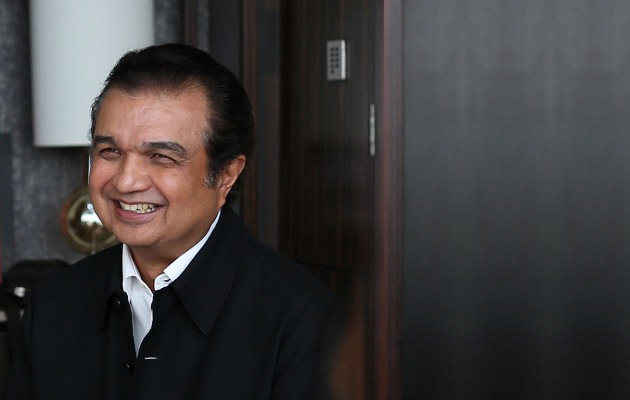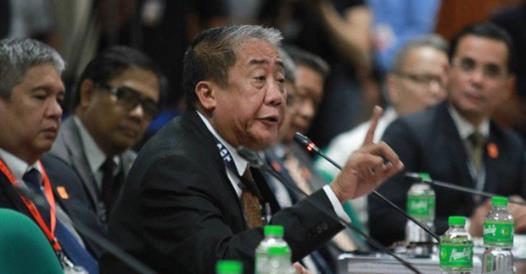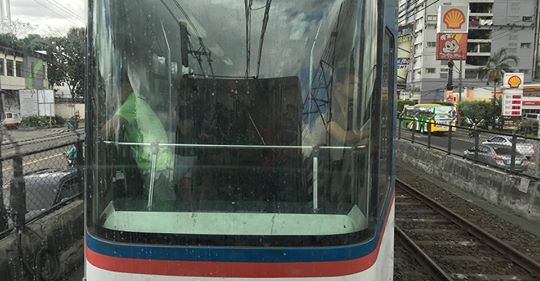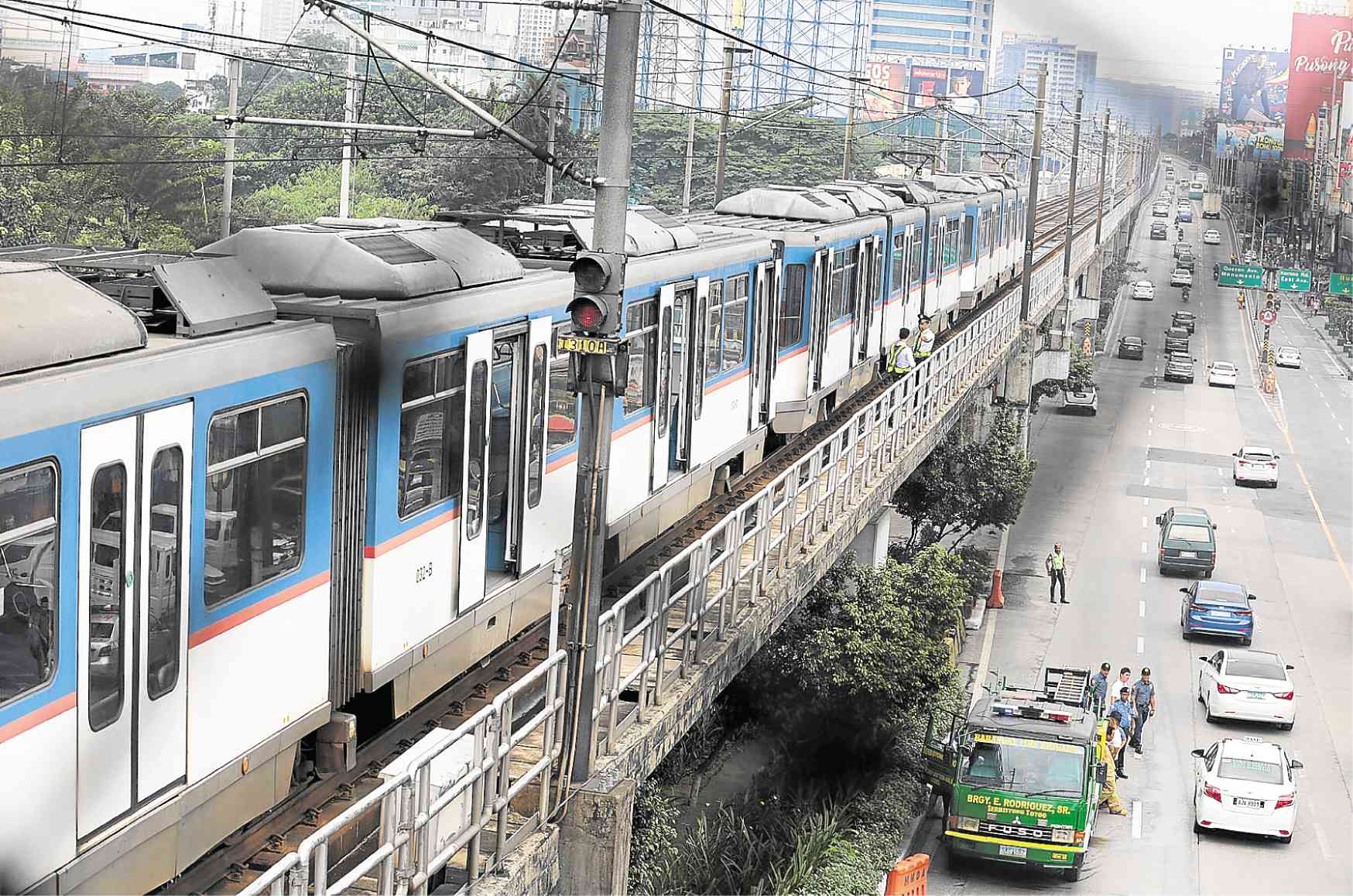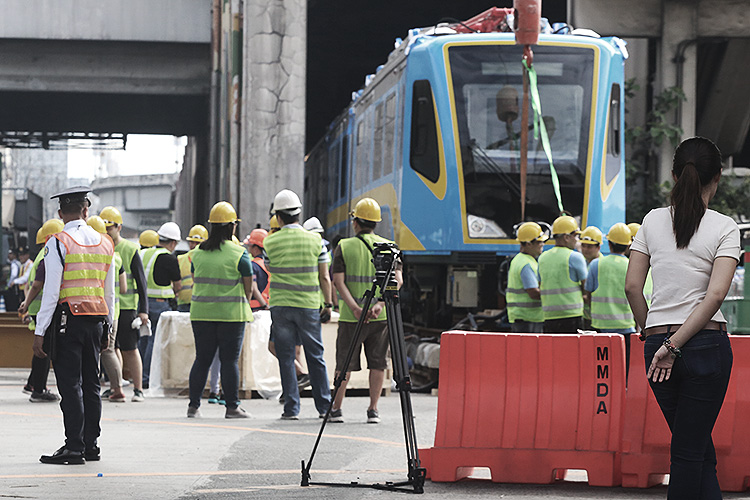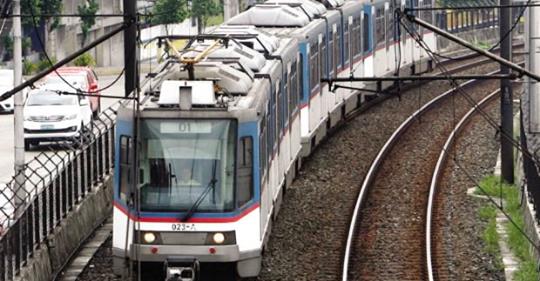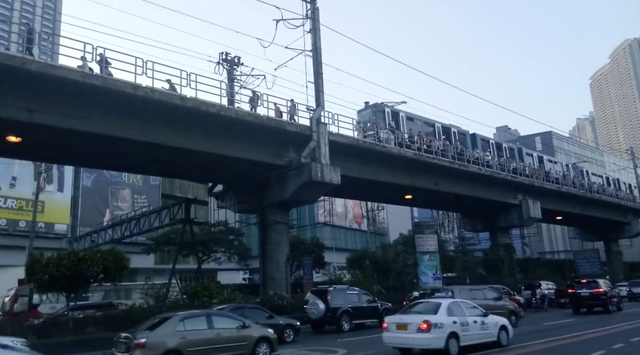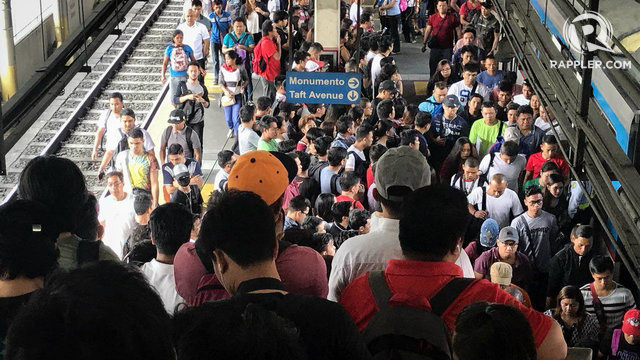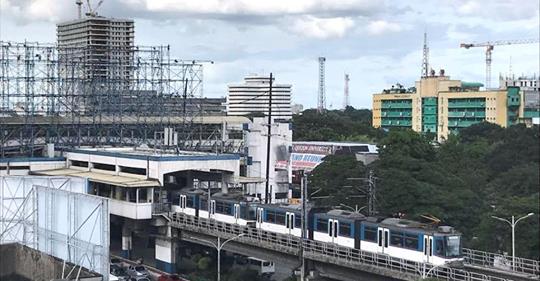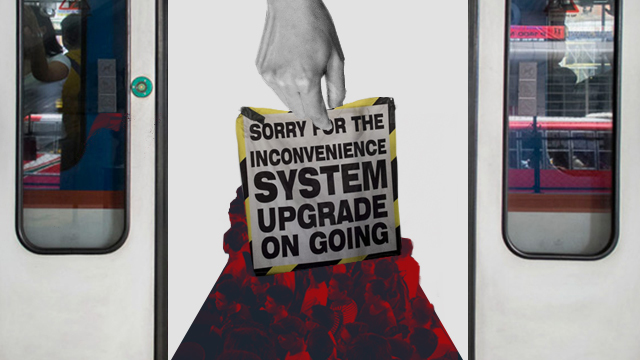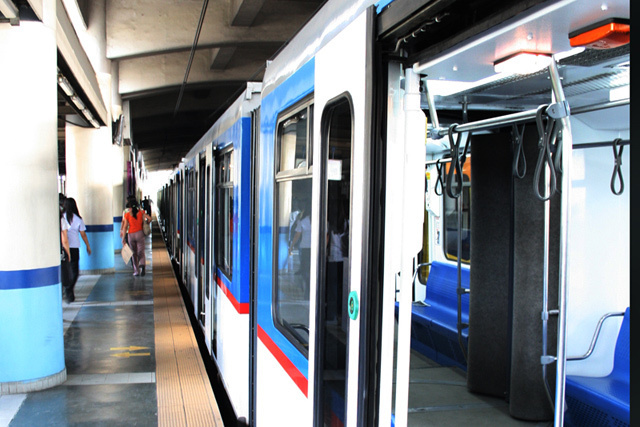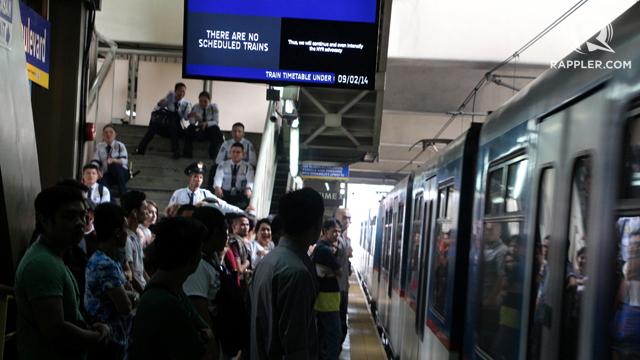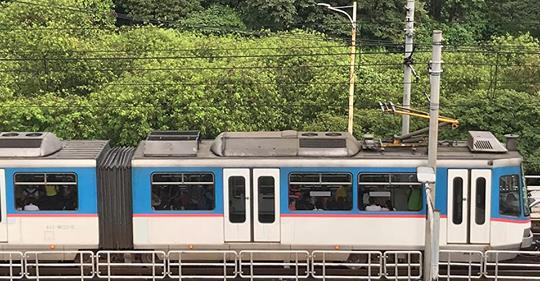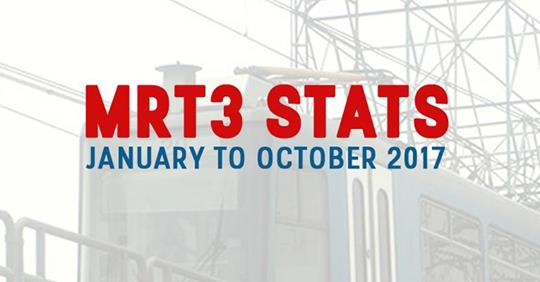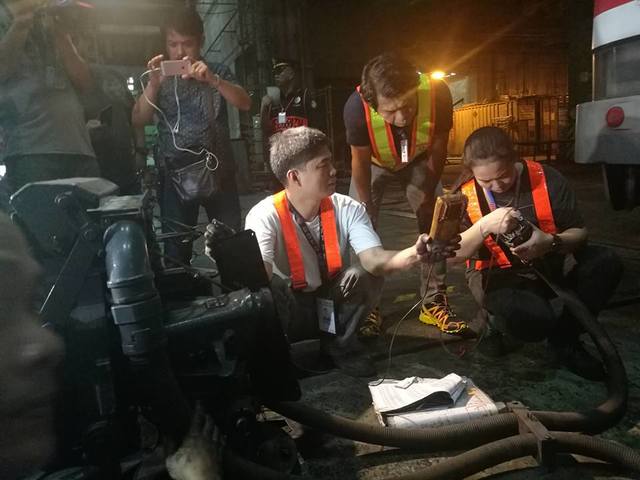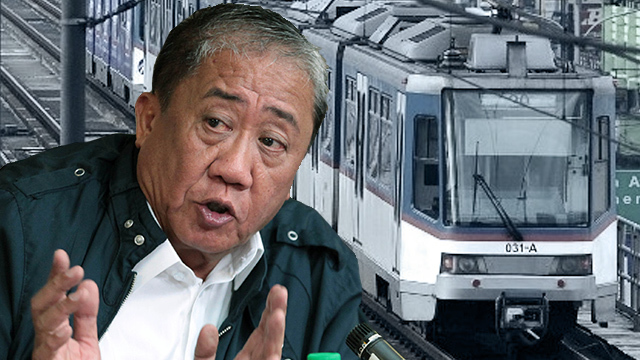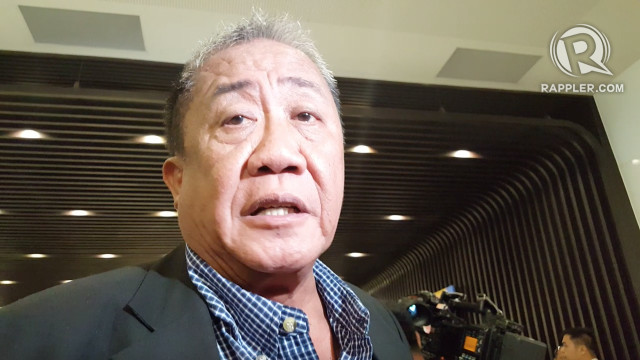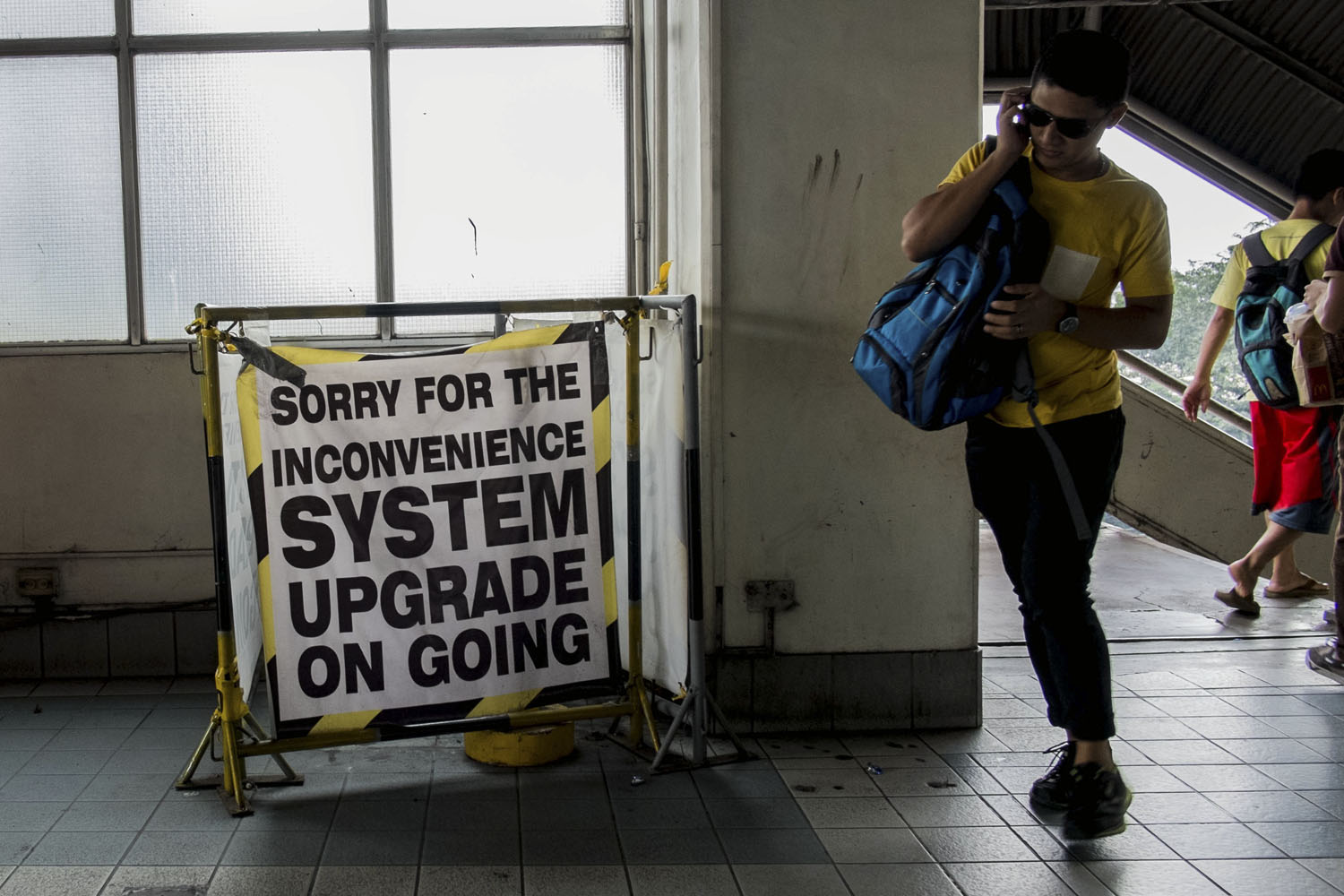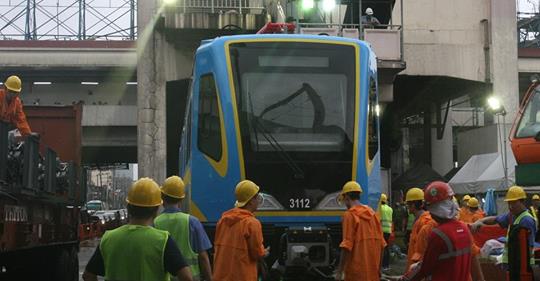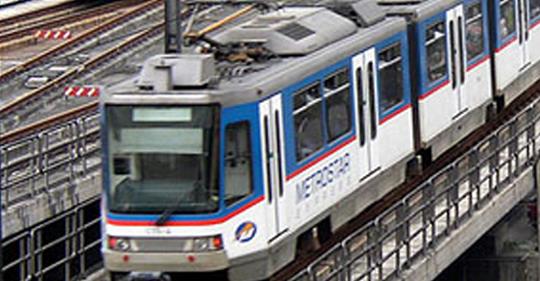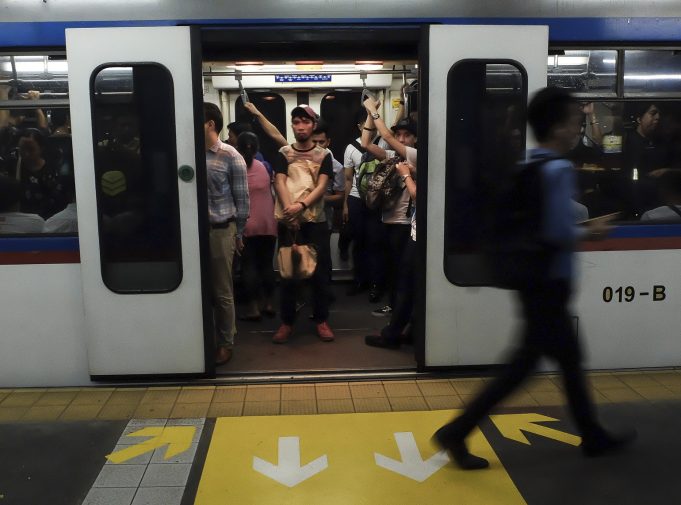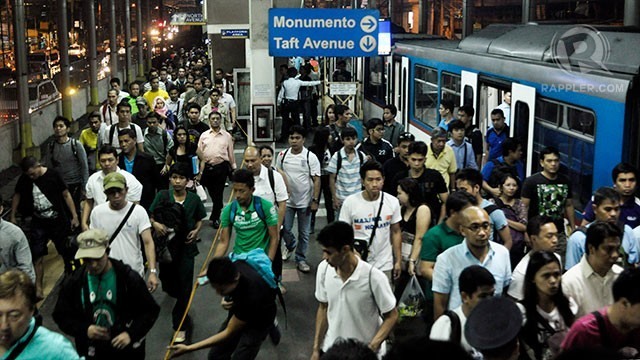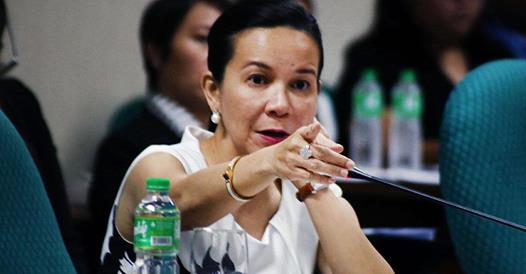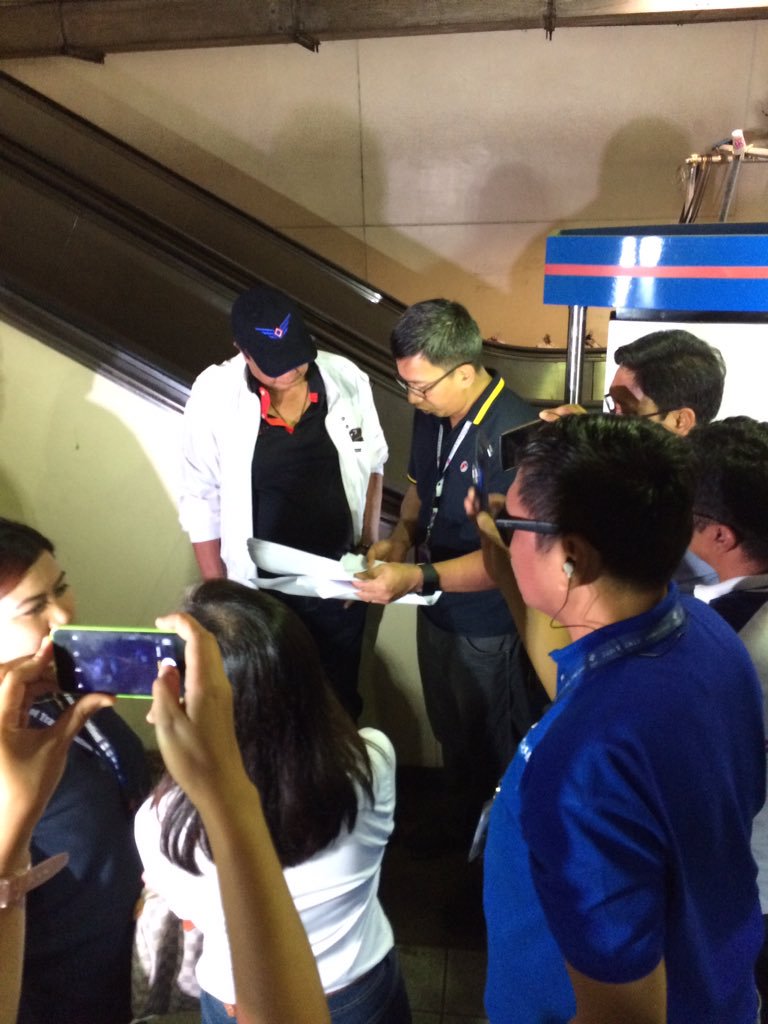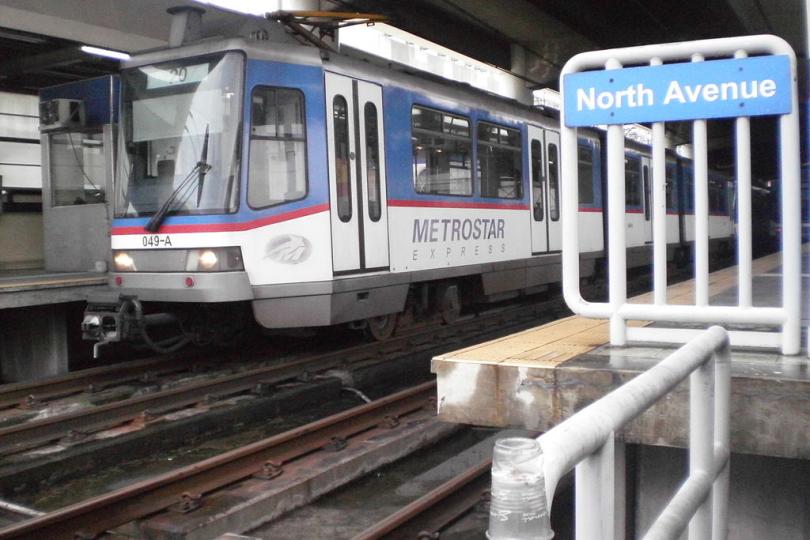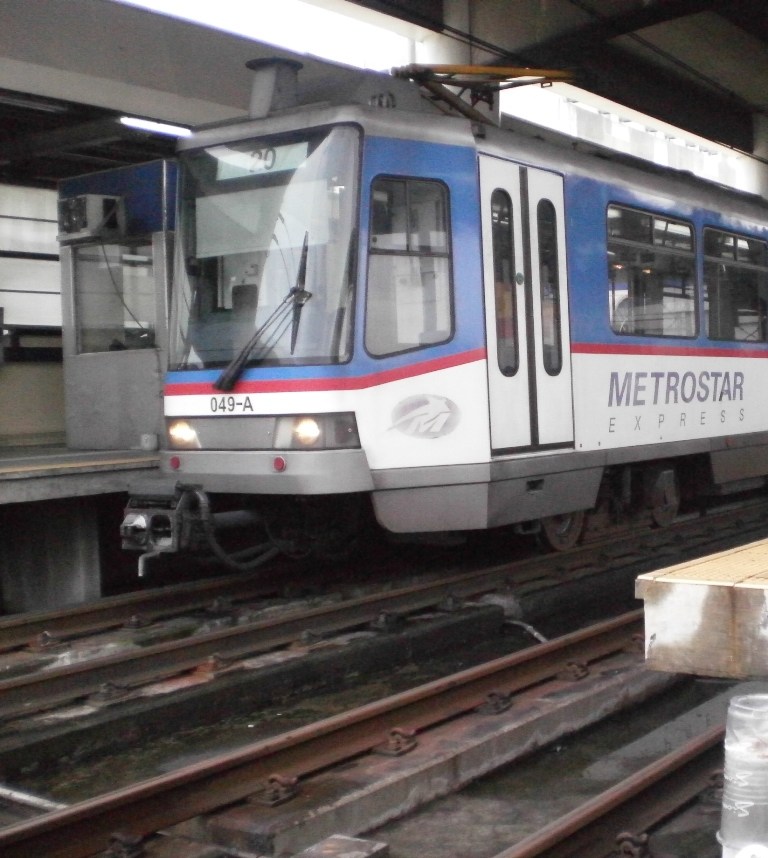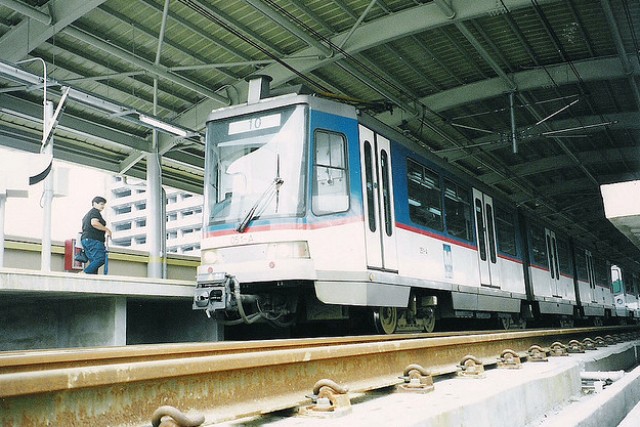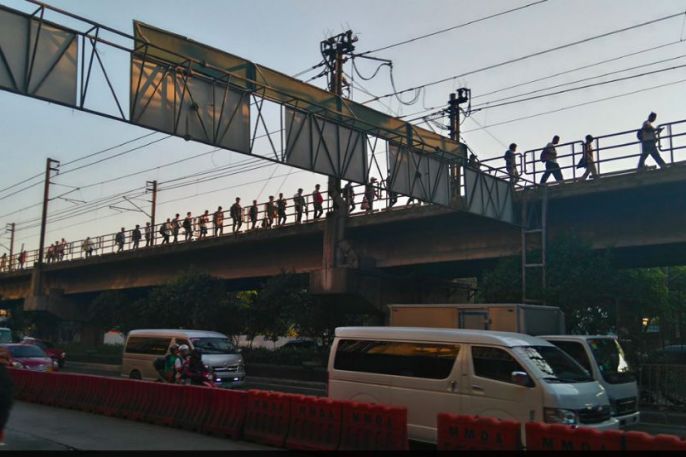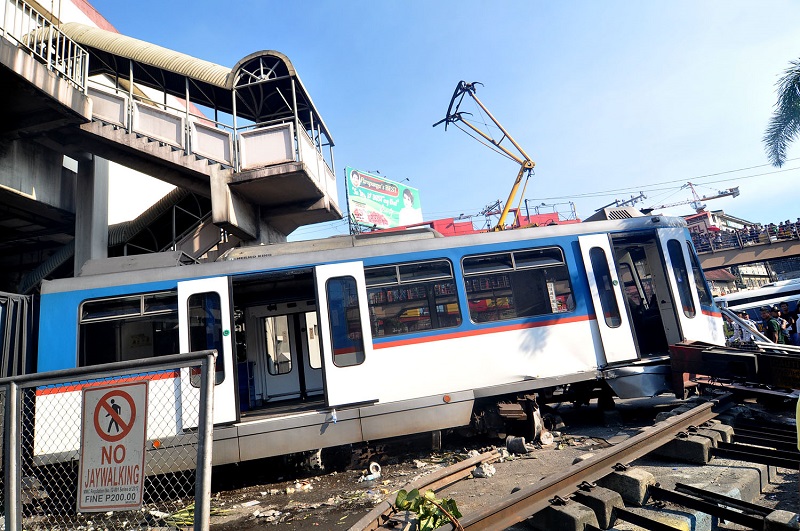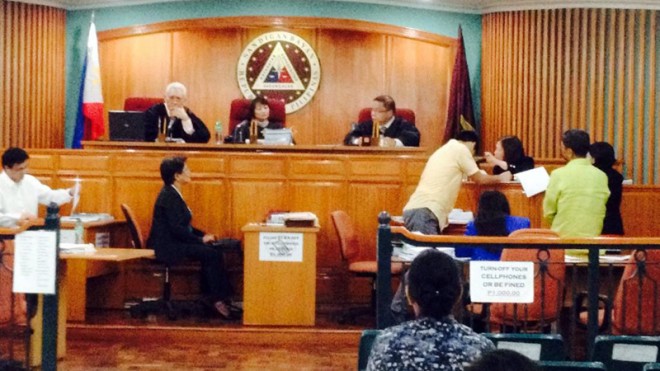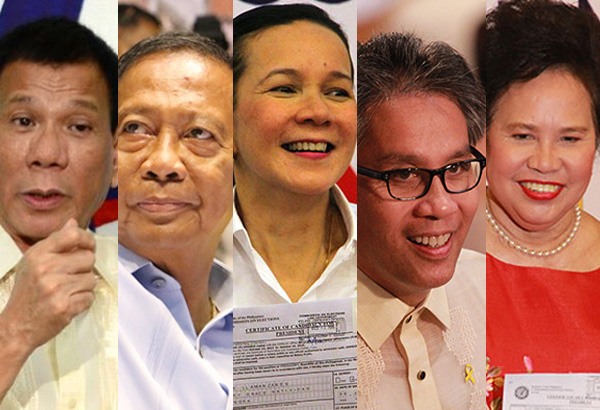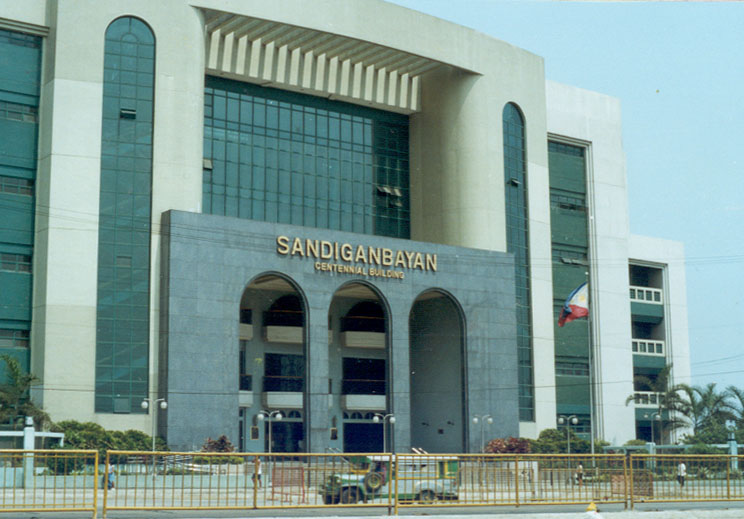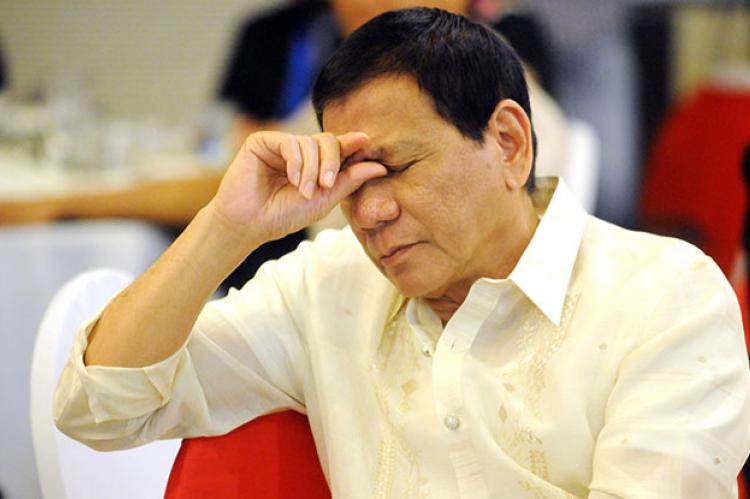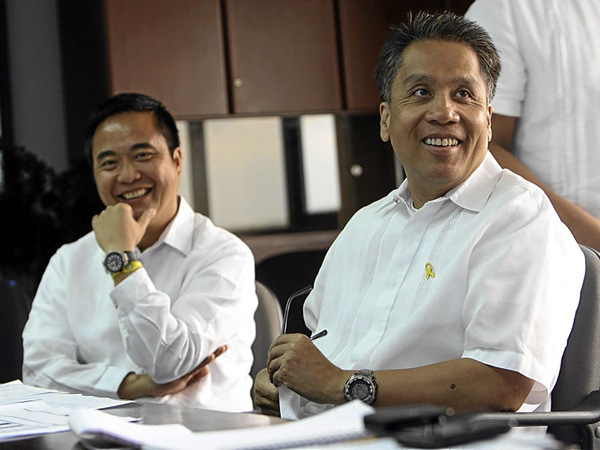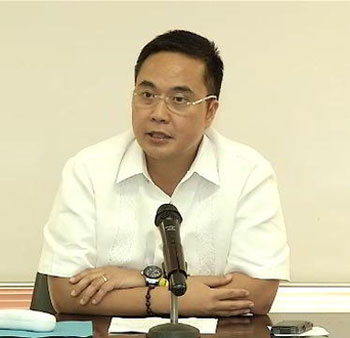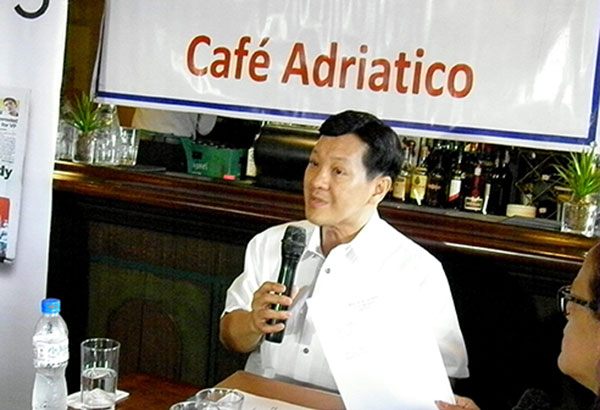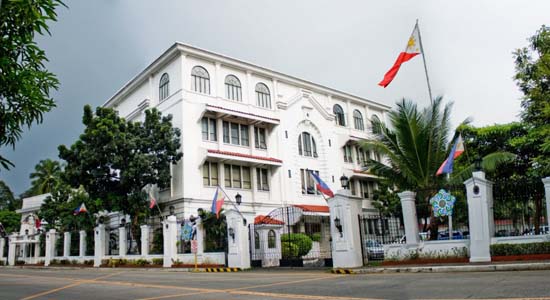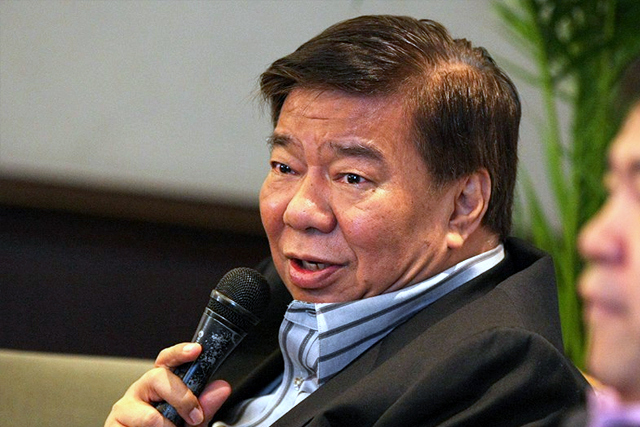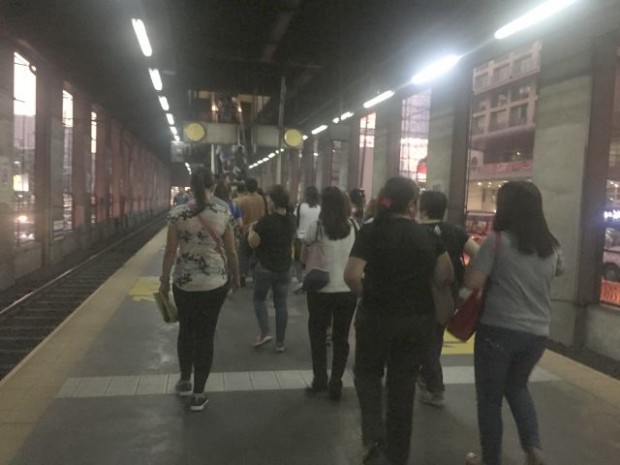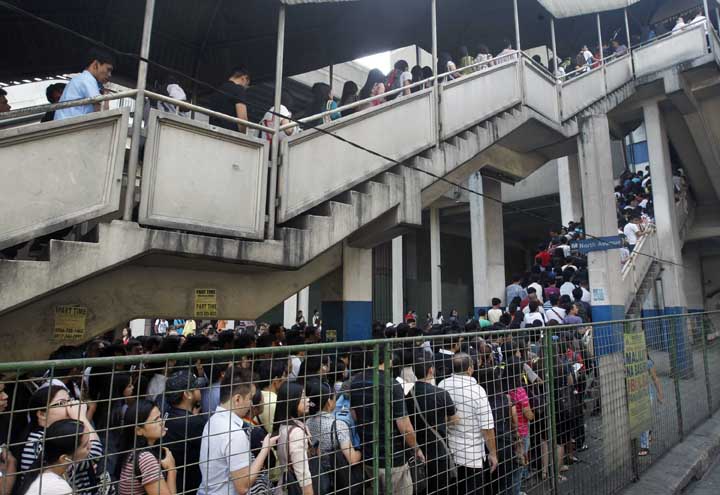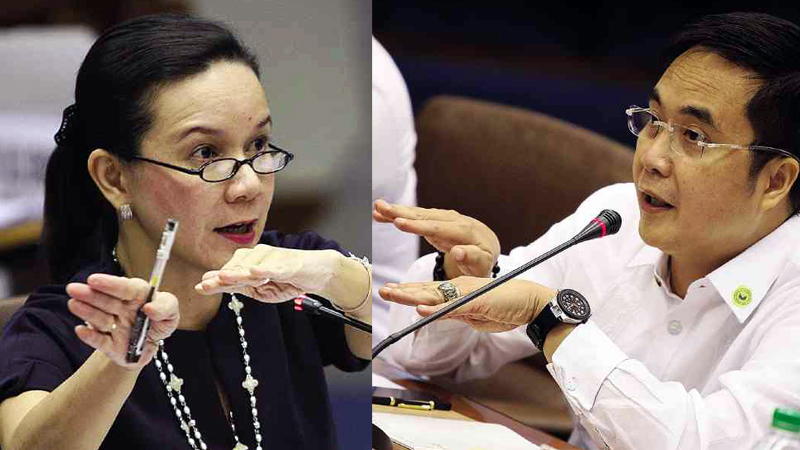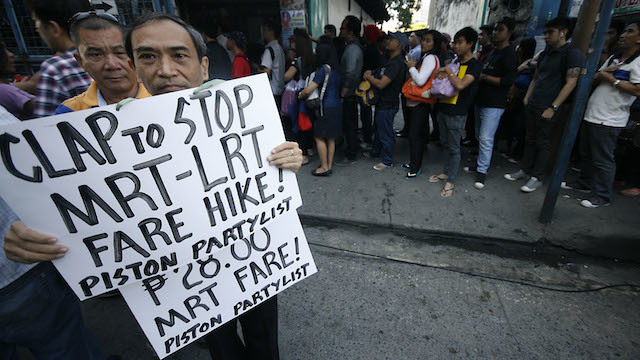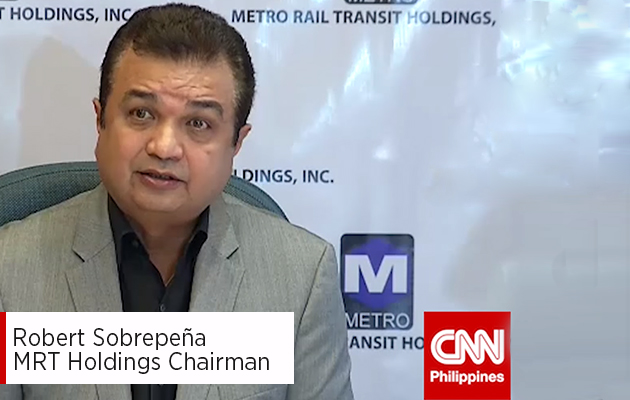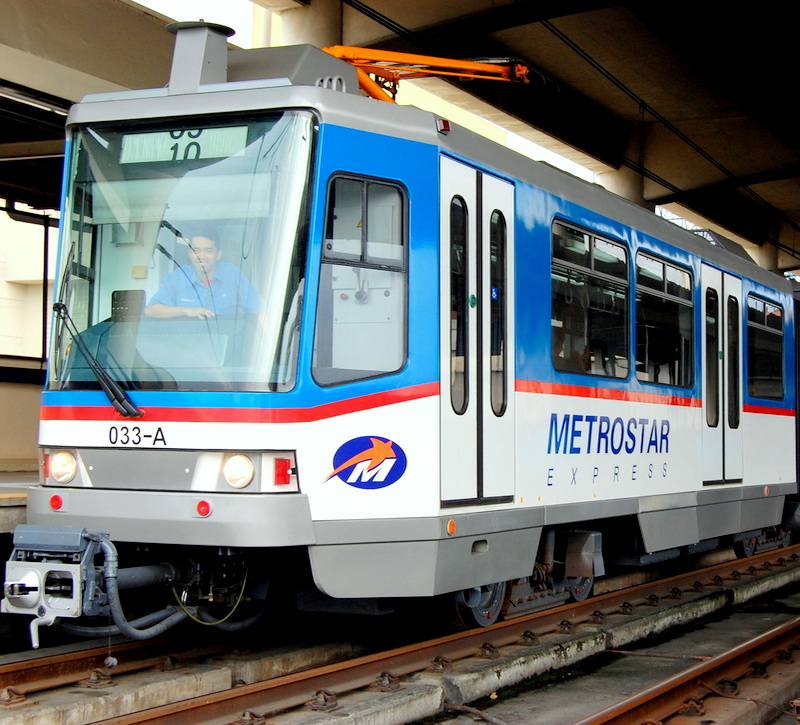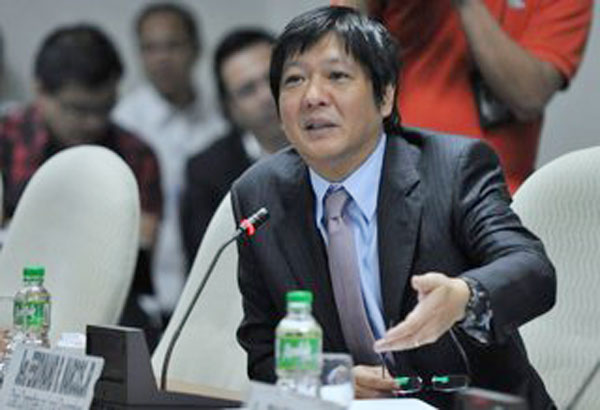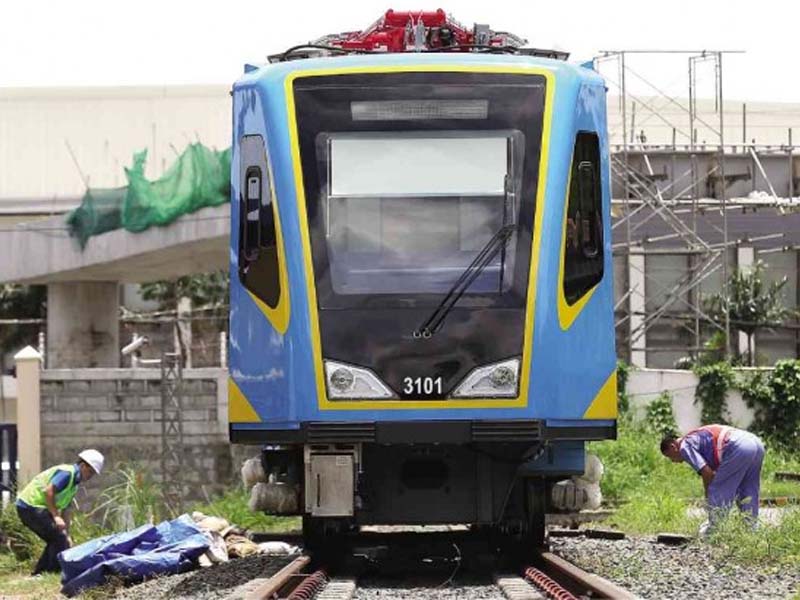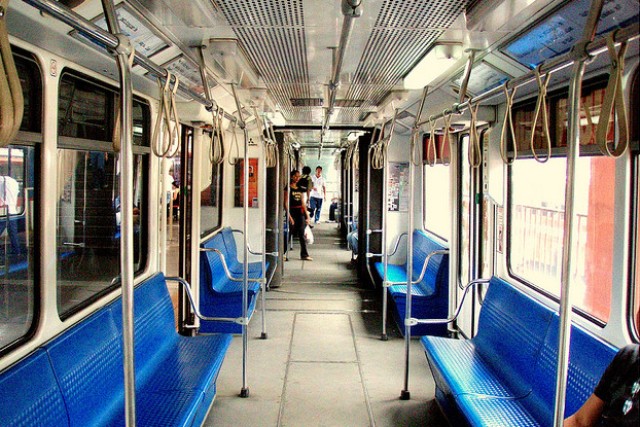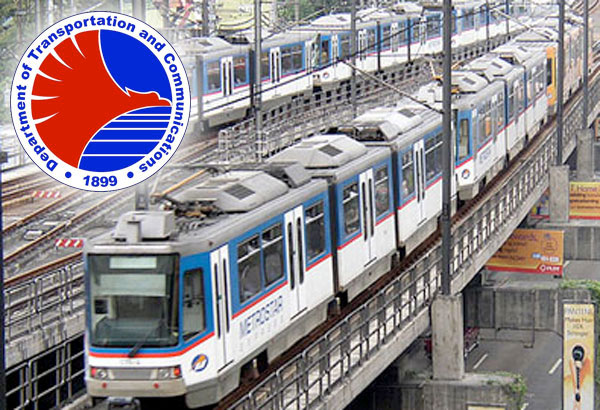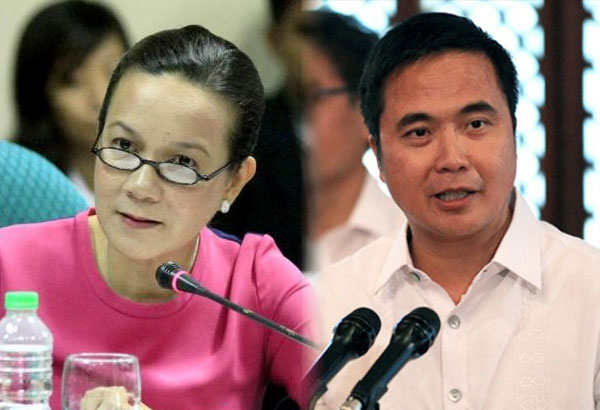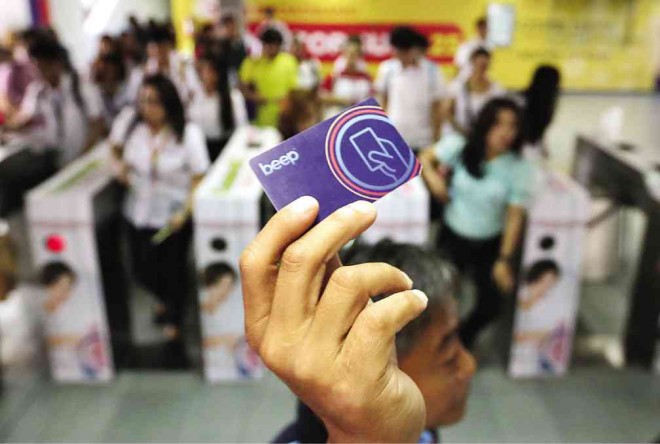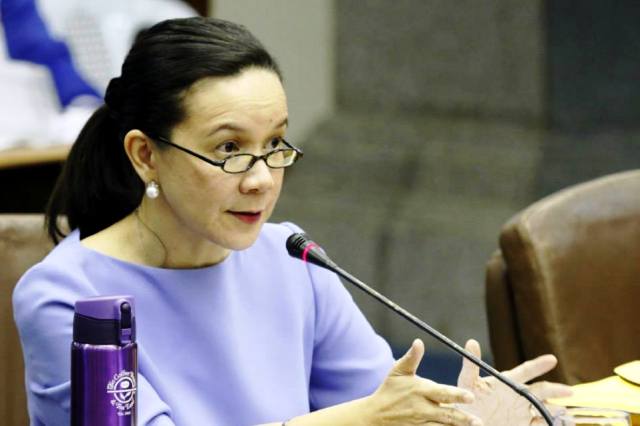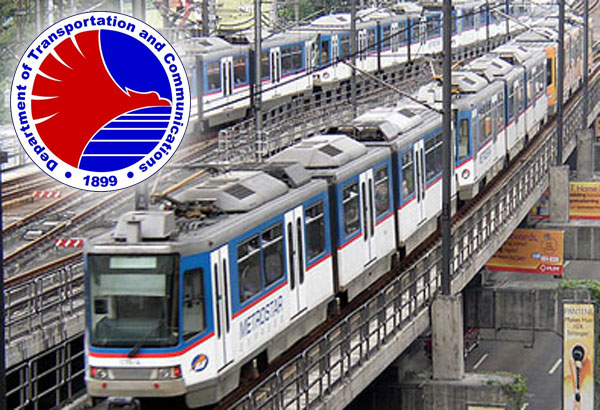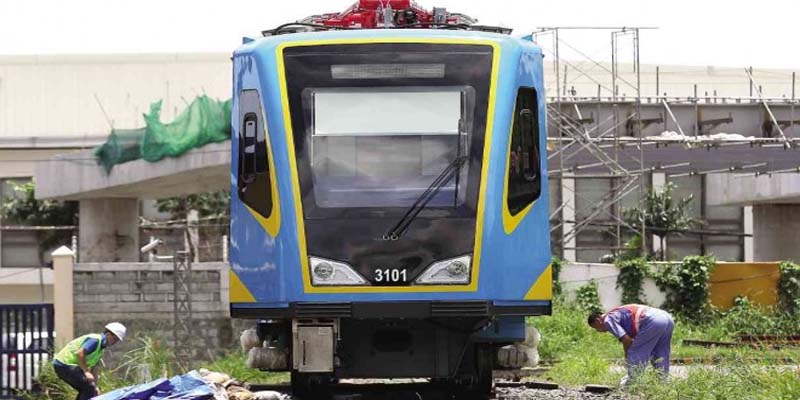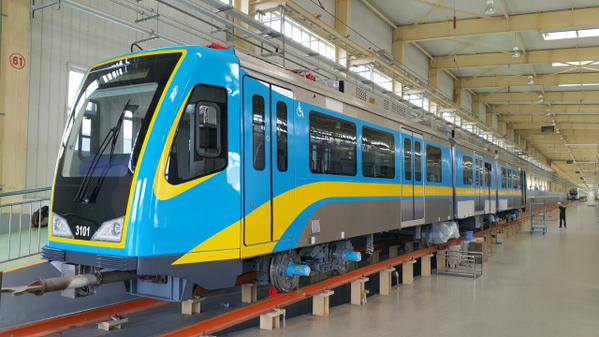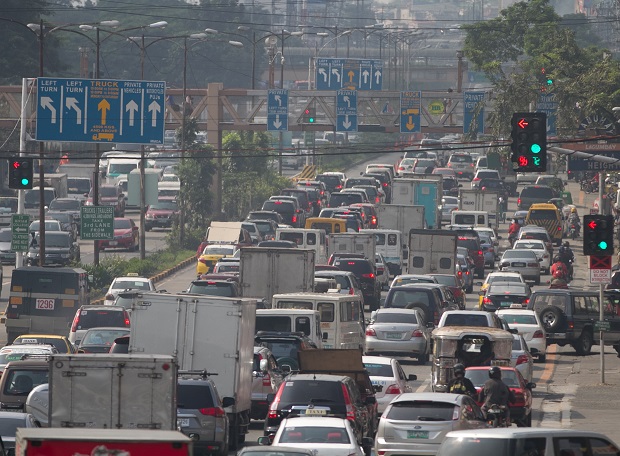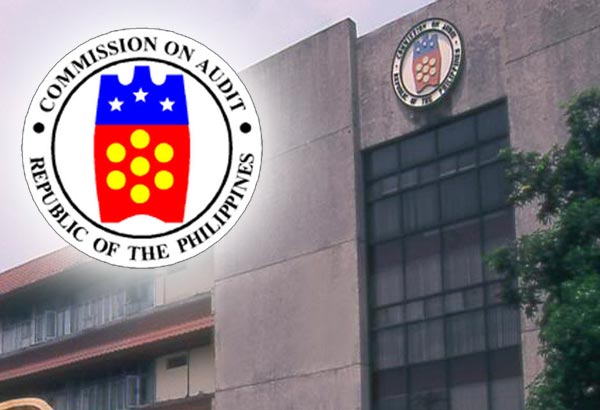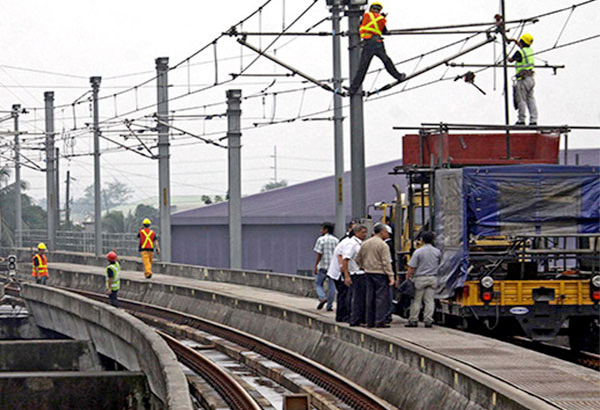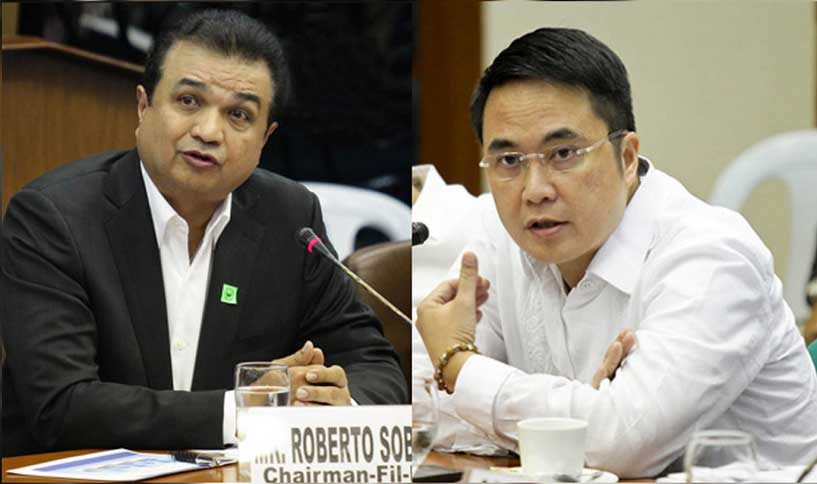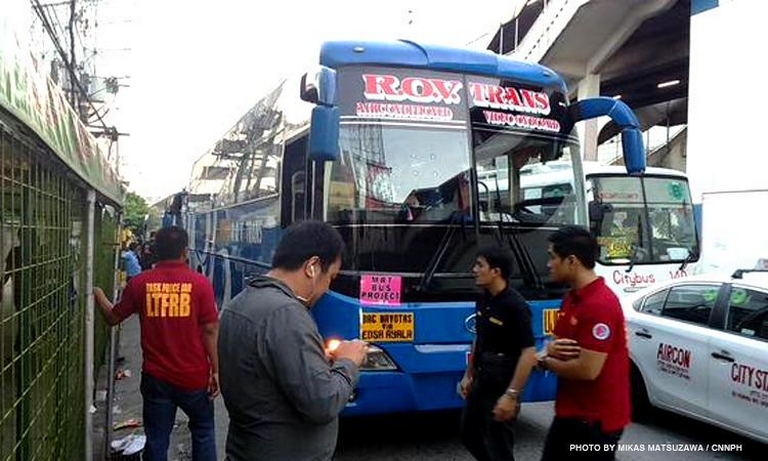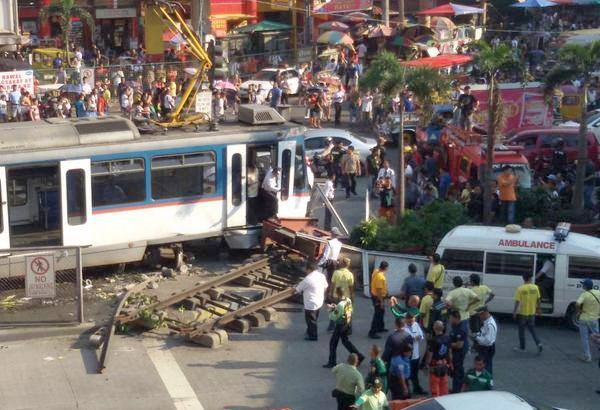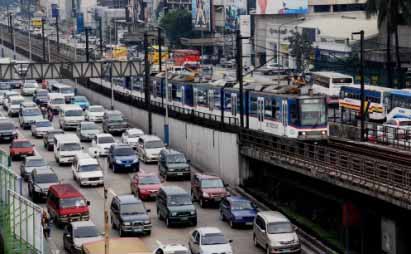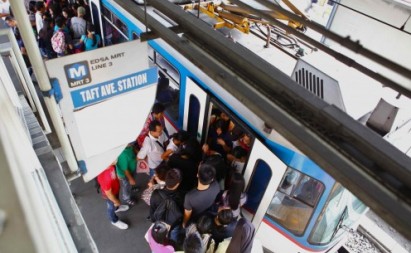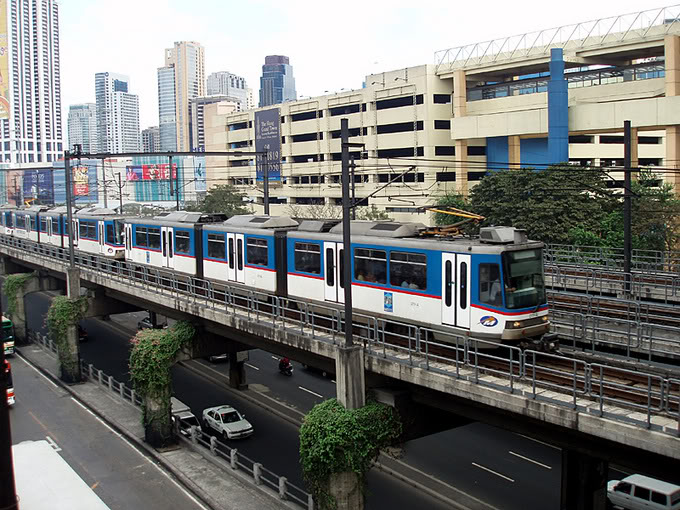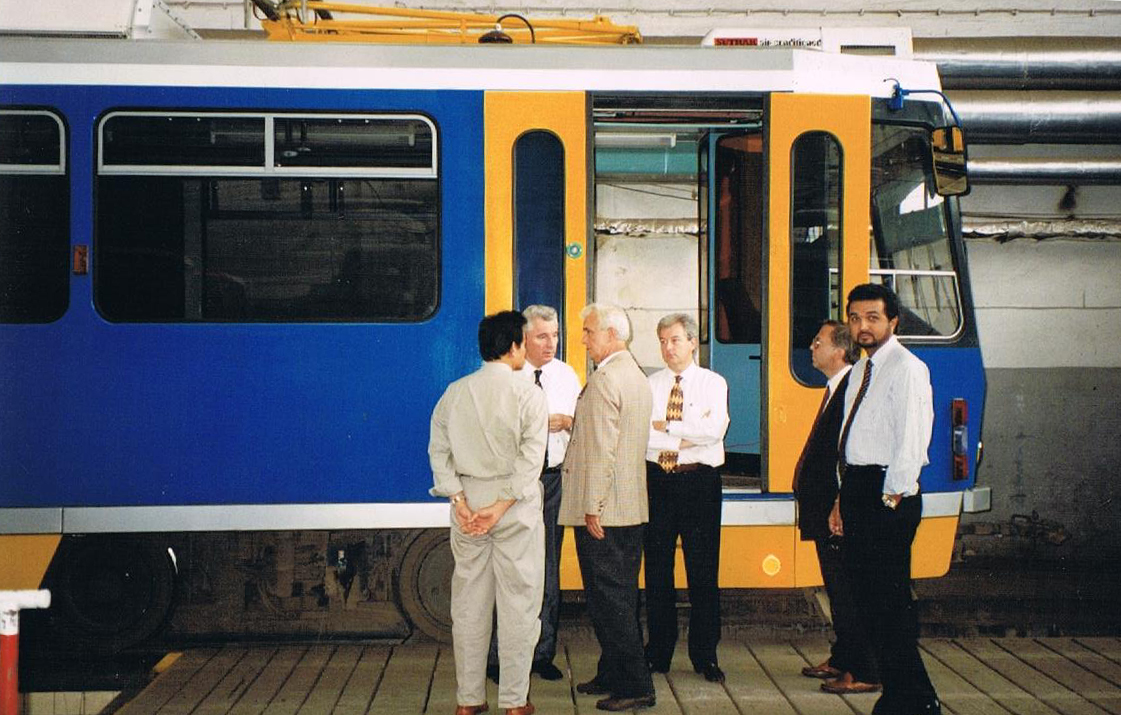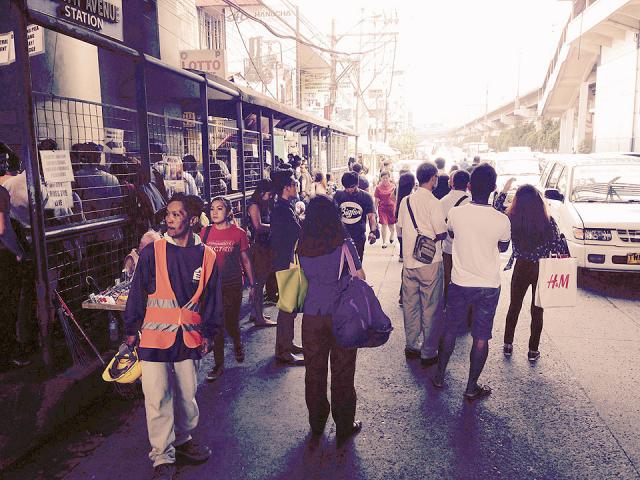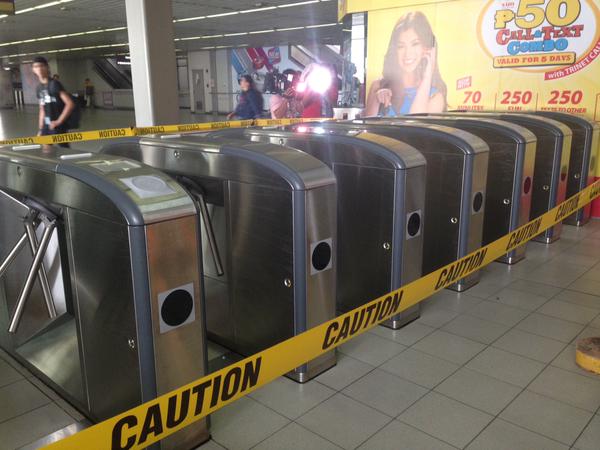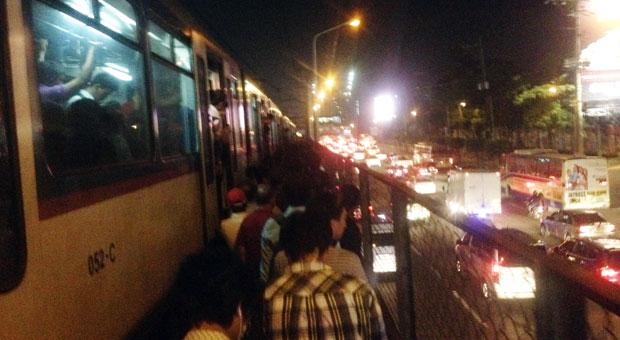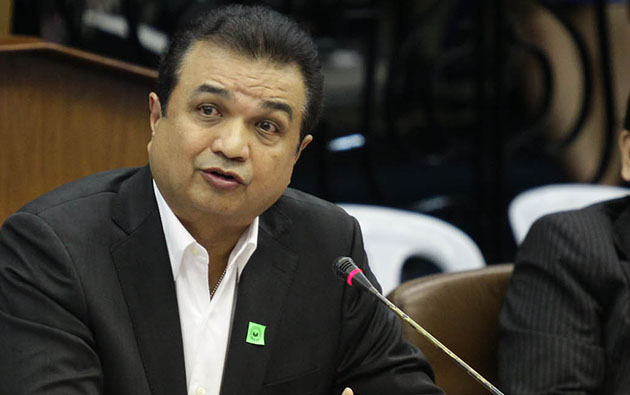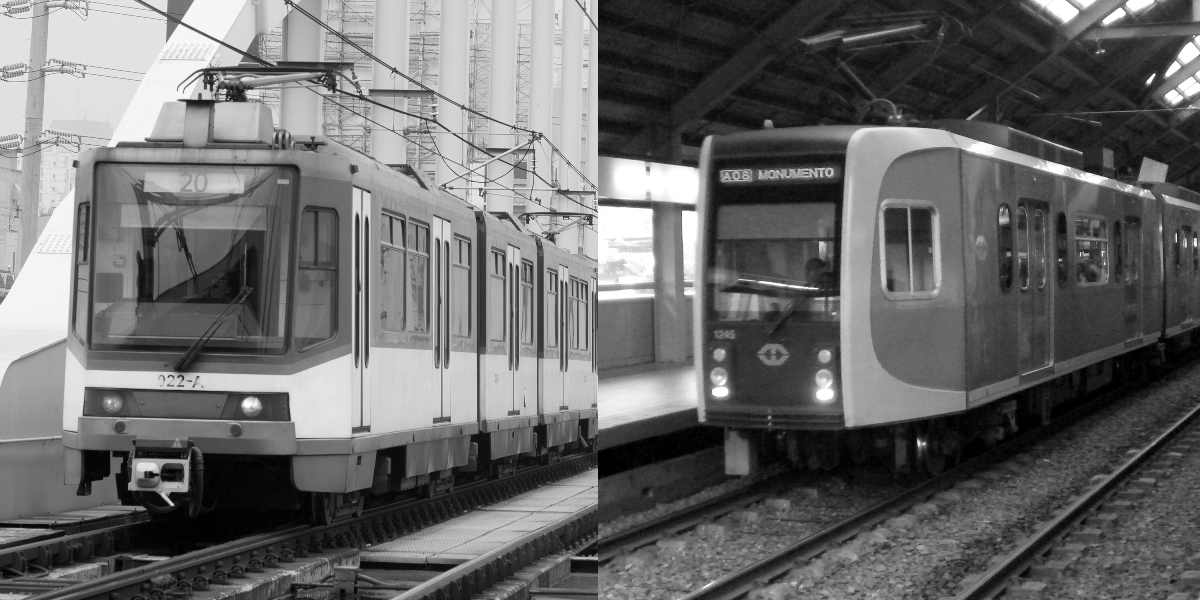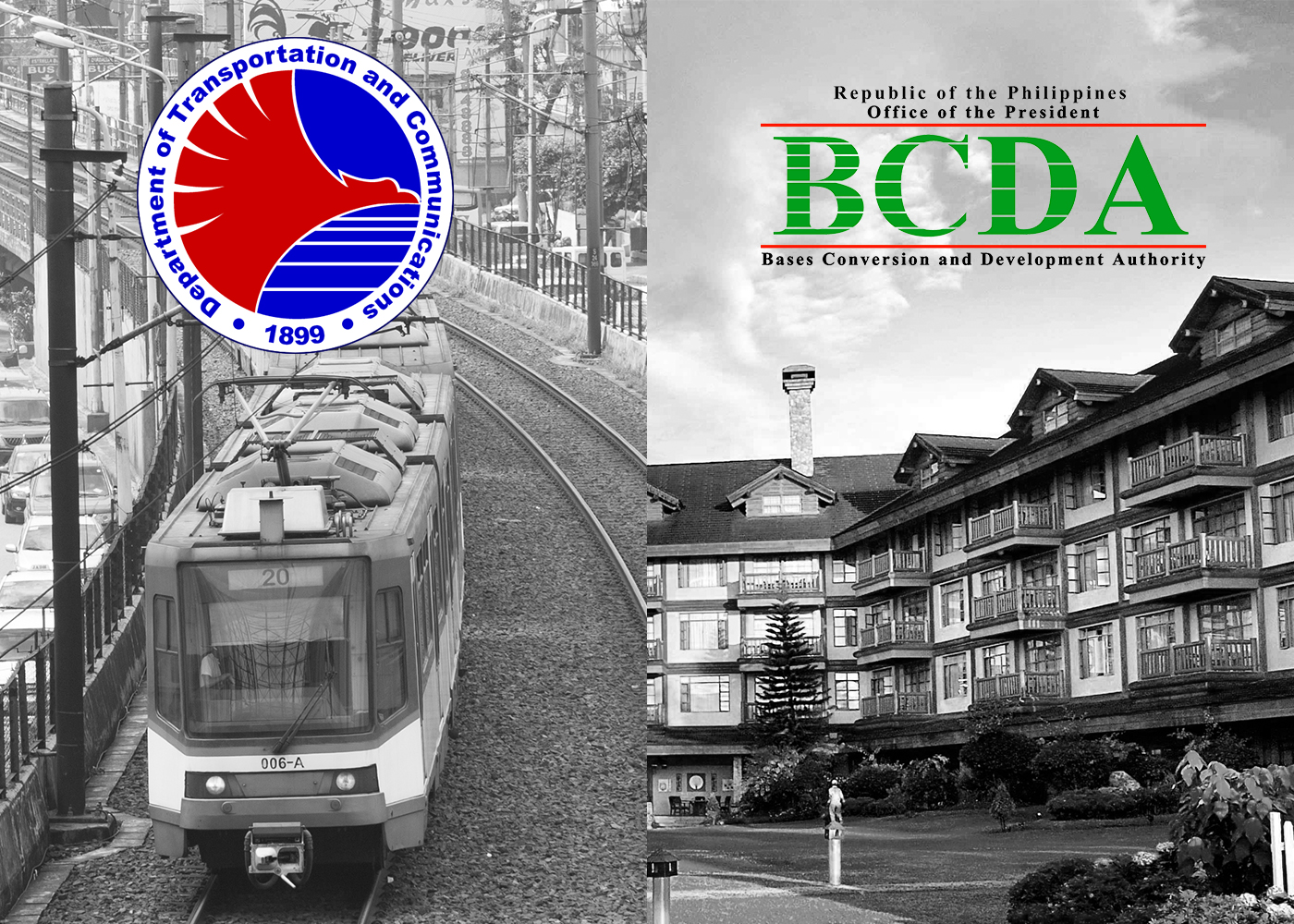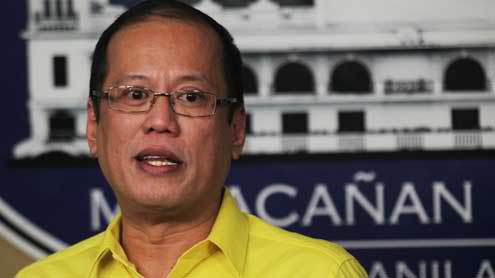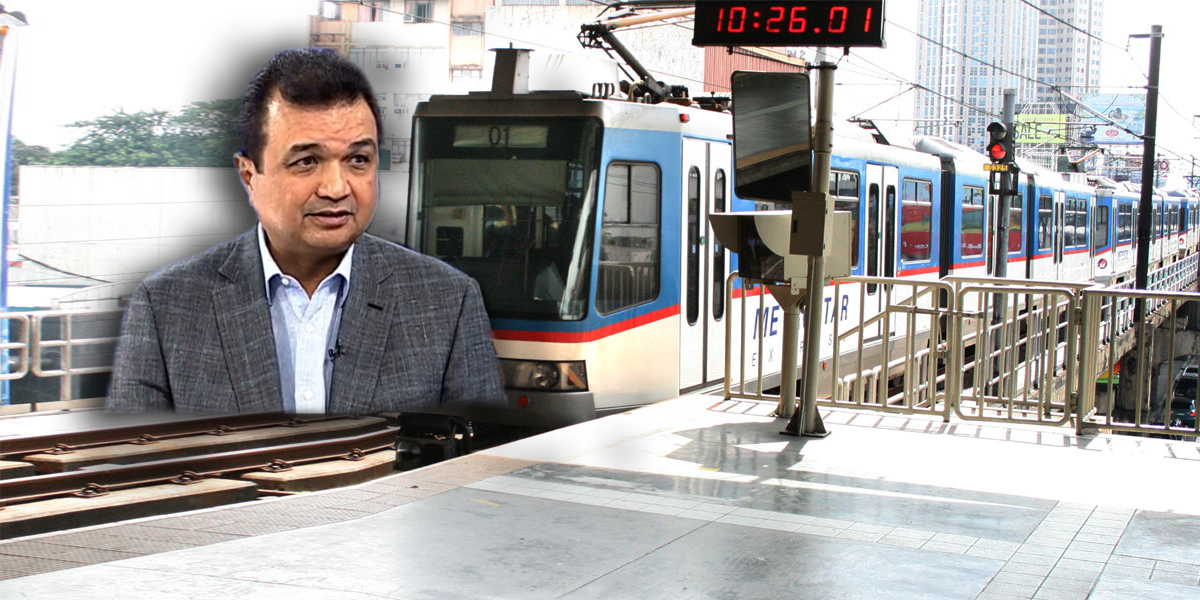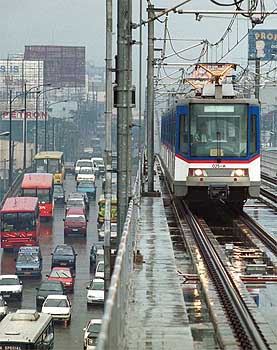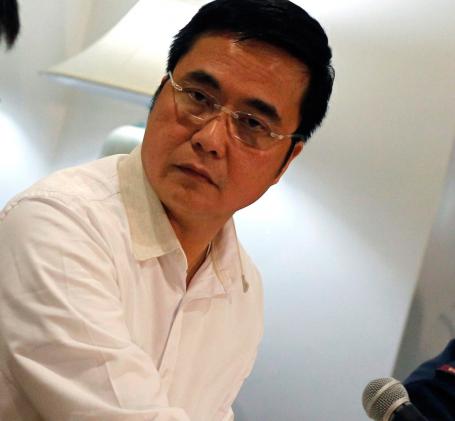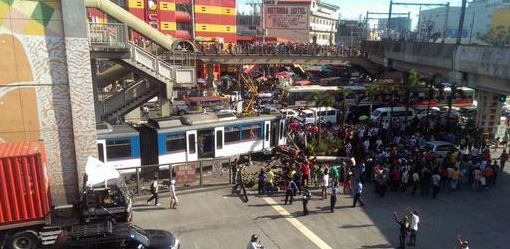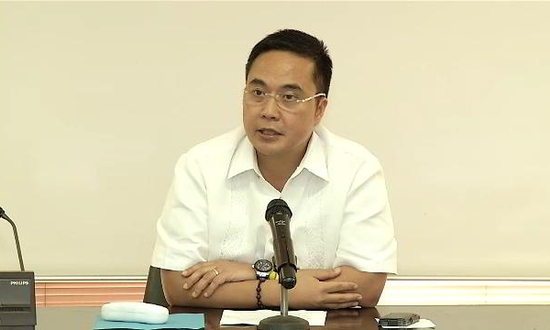By Louie Logarta | The Daily Tribune | January 8, 2015
After a lengthy holiday break, most Filipinos awoke last Monday to a double whammy of harsh realities on the very first working day of the year — the onerous upward fare adjustments for the Light Rail Transit (LRT) and Metro Rail Transit (MRT) that would adversely impact the already-tortured lives of an estimated 2 million commuters daily coupled with the
implementation of increased water rates by concessionaires Manila Water Company and Maynilad Water Services which is expected to affect some 20 million consumers in Metro Manila, Rizal and Cavite.
The train fare hikes — which were put into effect by Transport Secretary Joseph Abaya — called for a 50-percent increase in the maximum fare of LRT1, 66-percent on LRT 2 and 87-percent on the MRT 3.
Many legislators described this as “an act of treachery” on the part of the Aquino government inasmuch as the Department of Transportation and Communications (DoTC) made sure there were no public hearings conducted knowing the volatility of the issue at hand, unlike the process being observed by the Land Transportation Franchising and Regulatory Board in the fare increases sought by passenger buses and jeeps, the Maritime Industry Authority for local shipping and the Civil Aeronautics Board for the air industry.
Sen. Grace Poe, chairman of the Senate public services committee which is conducting an inquiry into MRT operations arising from the recent spate of accidents it had experienced, said she got piqued (as was Finance committee chairman Sen. Chiz Escudero) at the DoTC’s lack of transparency because there was never any disclosure made about the impending rate hike during her panel’s hearings as well as the recent deliberations on Abaya’s desired budget.
“Why did they do this without even informing us of the planned fare increase? We already finished the 2015 budget and they never said anything about raising the fares,” she was quoted in reports as saying.
Presidential spokesman Edwin Lacierda defended the DoTC, saying the decision may not be popular but it had to be done. Anyway, only four percent of the riding population are actually affected, or those travelling from end-to-end on a daily basis, as these are the ones who would have to pay the maximum fare.
Last Dec. 29, 2014, the Paris-based International Chamber of Commerce (ICC), the largest business organization in the world with more than 100,000 members in 180 countries, ruled in favor of Maynilad in the arbitration case with the Metropolitan Waterworks and Sewerage System (MWSS) granting it an increase in the base water rate. This, we’re told, translates to an average increase of P3.06 per cu. m. in the basic charge.
In 2013, the MWSS denied the pleas of Maynilad and Manila Water for increased charges, instead directing them to lower their base water rates. This prompted Maynilad, led by businessman Manuel V. Pangilinan, to seek relief with the ICC.
In their concession agreements with the state-run MWSS, Maynilad and Manila Water are allowed to seek arbitration to settle disputes that cannot be resolved amicably, which is why the ICC was asked to step into the picture.
Water advocacy groups meanwhile accused the two concessionaires of exhibiting callousness to the current plight of their millions of customers by immediately implementing the new rates, failing to take into consideration the negative effects of the simultaneous LRT and MRT fare hikes.
They appealed to Congress to find ways to mitigate this double whammy of utility rate increases by revisiting the contracts of Maynilad and Manila Water, since this is already out of the hands of the national government with the intervention of the ICC.
Hot on the heels of the double whammy is the highly-questionable approval by the Commission on Elections (Comelec) of the P1.2-billion contract for the refurbishing of 80,000 obsolete PCOS machines in preparation for the 2016 elections, that is described by critics as a “midnight deal” to provide a suitable pabaon for Chairman Sixto Brillantes and Commissioners Lucenito Tagle and Elias Yusoph who are slated to retire next month. But we reserve discussions on this topic for a later time.
***
Others who were treated to a rude awakening over the holidays were officials of the Bases Conversion Development Authority (BCDA) after a Pasay judge rejected with finality the P1.5-B estafa case they had caused to be filed against businessman Robert John Sobrepena of the Camp John Hay Development Corporation (CJHDevco).
In his recent ruling, Judge Pedro Gutierrez of the Pasay City regional trial court junked the motion for reconsideration (MR) filed a few months back by government prosecutors in behalf of the BCDA which sued Sobrepena for estafa for reneging on a lease agreement he had previously signed for the company resulting in their failure to pay back rentals amounting to some P3.4 billion dating back to the late 1990s.
Judge Gutierrez upheld his Sept. 3 ruling that the prosecution failed to establish Sobrepena had made false representations his company was unable to settle its rental obligations for the sizeable Camp John Hay properties it was leasing from the government despite chalking up huge profits.
“The BCDA agreed to restructure the debt under the lease agreement. The accused (Sobrepena) cannot be held liable for CJHDevco’s failure to pay those rentals.”
CJHDevco had leased some 246 hectares of land in October 1996. During the first year, it remitted P425 million but requested deferment of rentals citing a faulty revenue stream, whereupon in the years 1999 and 2000 two MoAs were signed specifying a new arrangement in lieu of the original contract.
Significantly, this was cleared by the Office of the President upon the recommendation of the Office of the Government Corporate Counsel, ergo the court found no element of estafa present.
The court also noted that the extant case was filed with the Department of Justice (DoJ) only after 14 years (in 2012) although the obligation was incurred in 1998, which violated the Bill of Rights of the Constitution where an accused is guaranteed a speedy trial and due process of law.
On top of this, the DoJ committed a “palpable error of selective prosecution” as they singled out Sobrepena in the criminal case without including the other members of his board.
Earlier, the Court of Appeals upheld an earlier order of the Baguio City regional trial court for the BCDA to sit down with CJHDevco with the objective of ironing out financial disagreements vis-à-vis the lease agreement. In directing the BCDA to submit itself to arbitration proceedings under the auspices of the Philippine Dispute Resolution Center Inc., CA associate justice Victoria Isabel Paredes underlined the Supreme Court’s policy of favoring arbitration as an alternative way of resolving disputes.
The Gutierrez decision capped a miserable 2014 litigation-wise for the BCDA, which has been feuding with its numerous private partners in the development of former military camps now transformed into special economic zones.
Due to its penchant in choosing to engage the various developer-partners in ruinous legal battles instead of amicably settling their differences out of court, the BCDA is in the process royally screwing up President B.S. Aquino’s flagship Public-Private-Partnership program that was conceptualized early in his term to entice investors and promote investments in the rebounding Philippine economy, so the former US military bases can soonest become growth hubs.
BCDA’s stubborn refusal to end its long-running feud with the CJHDevco has resulted in dire consequences for the Baguio City government which has been denied of its mandated 25-percent share in all JHSEZ rental payments, prompting recriminations from the senators and congressmen as well as local elective officials who all feel this is unappealing to the public’s interest.

 Twitter
Twitter Facebook
Facebook